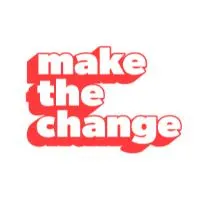
Gaia Changemakers Program

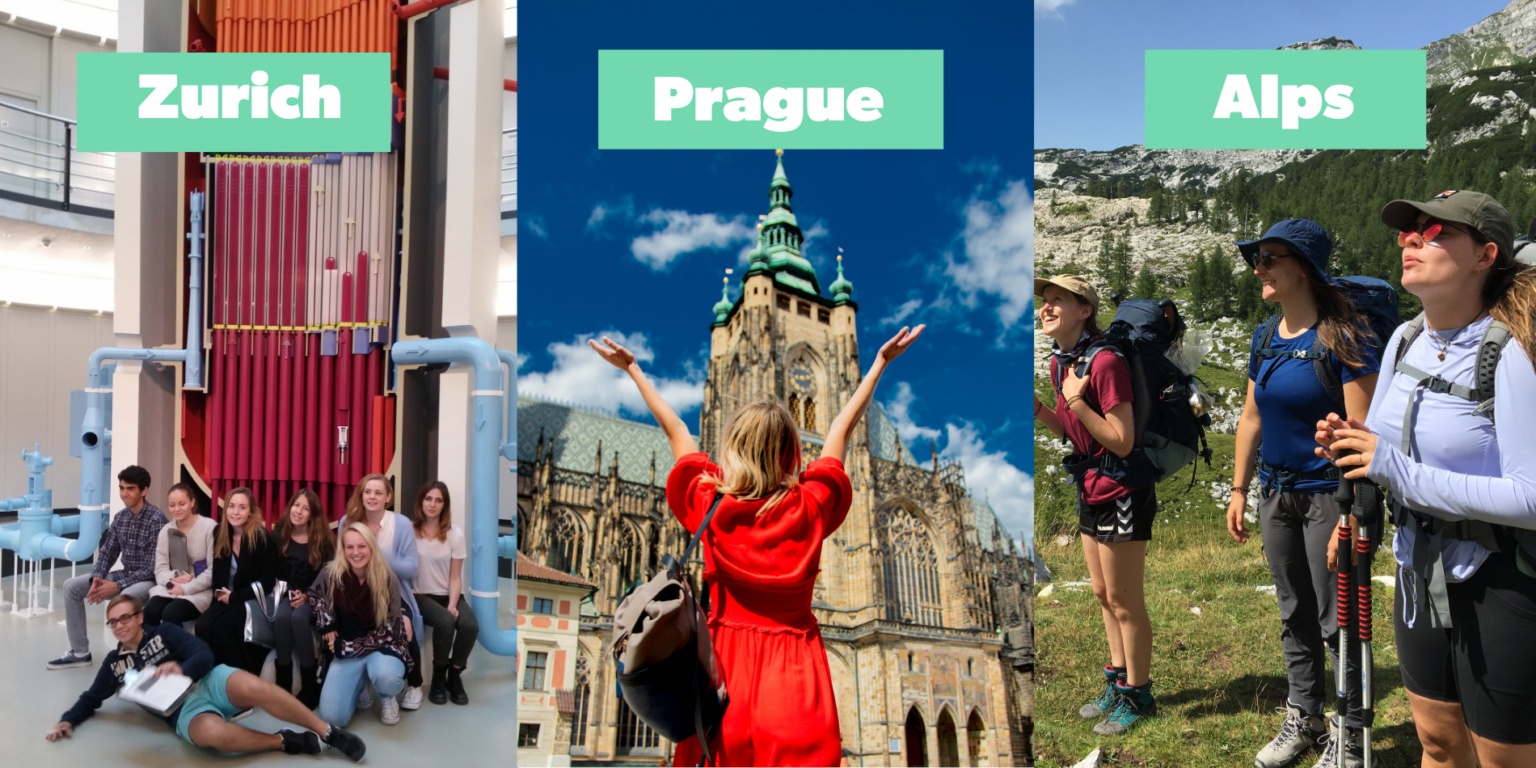
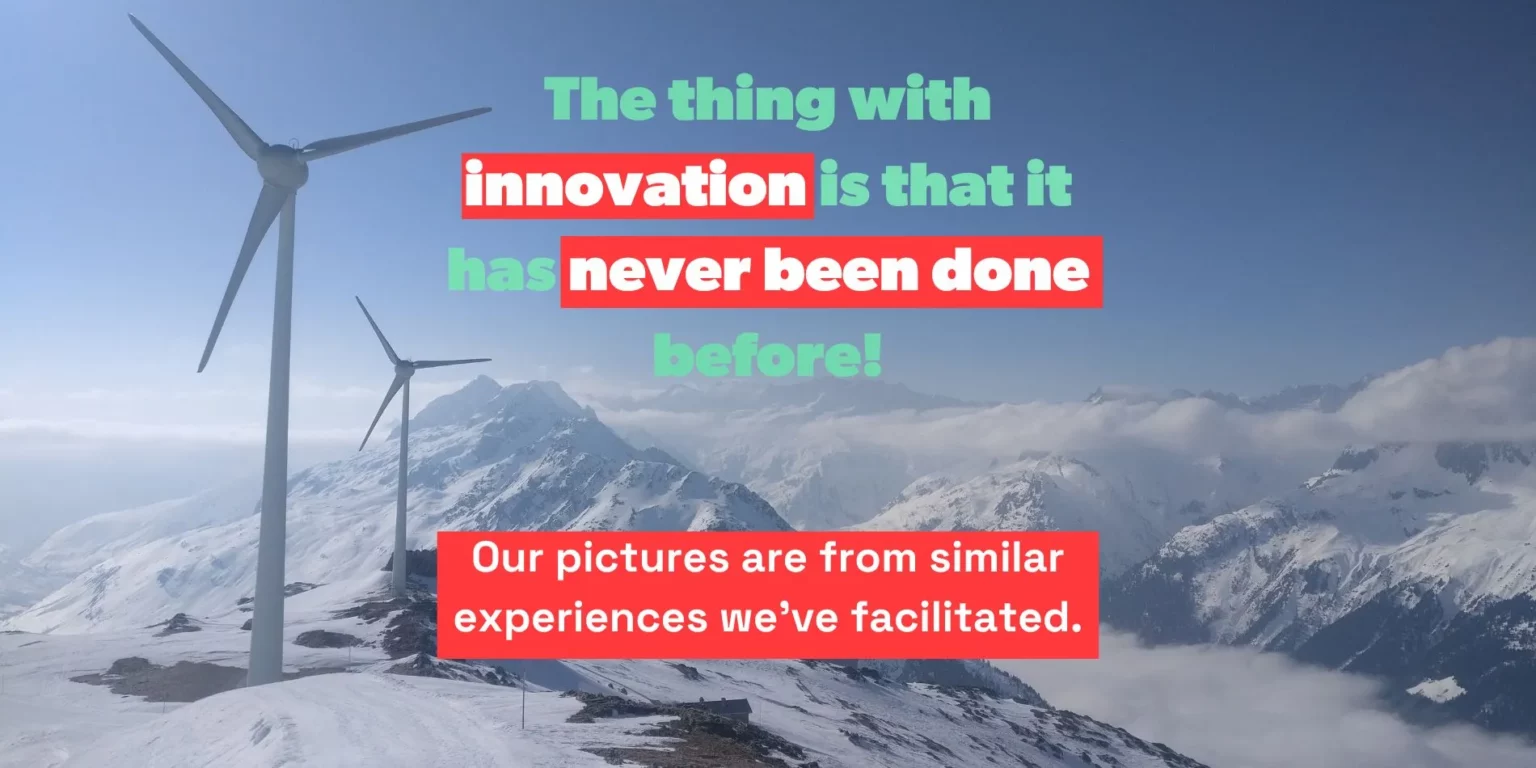
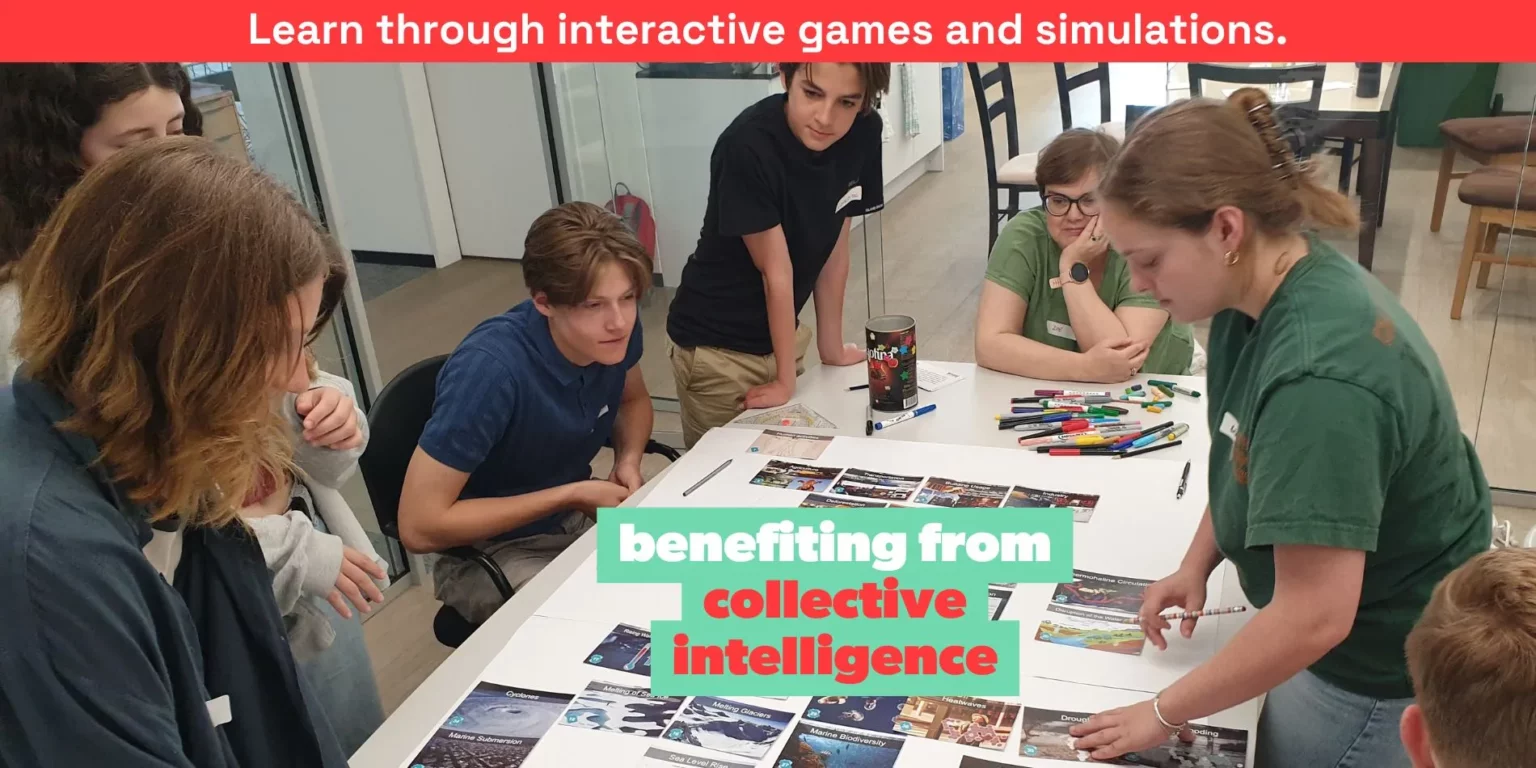
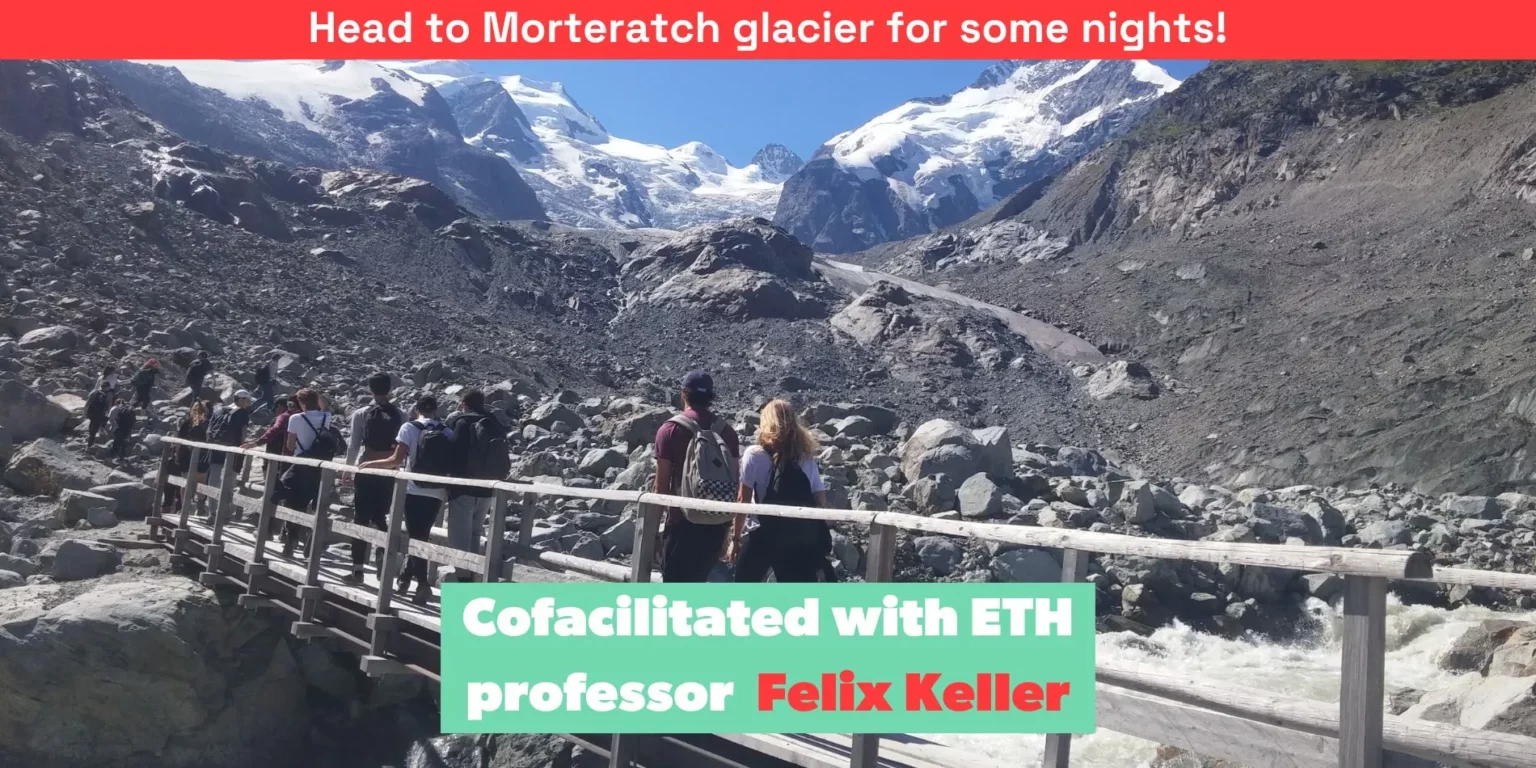
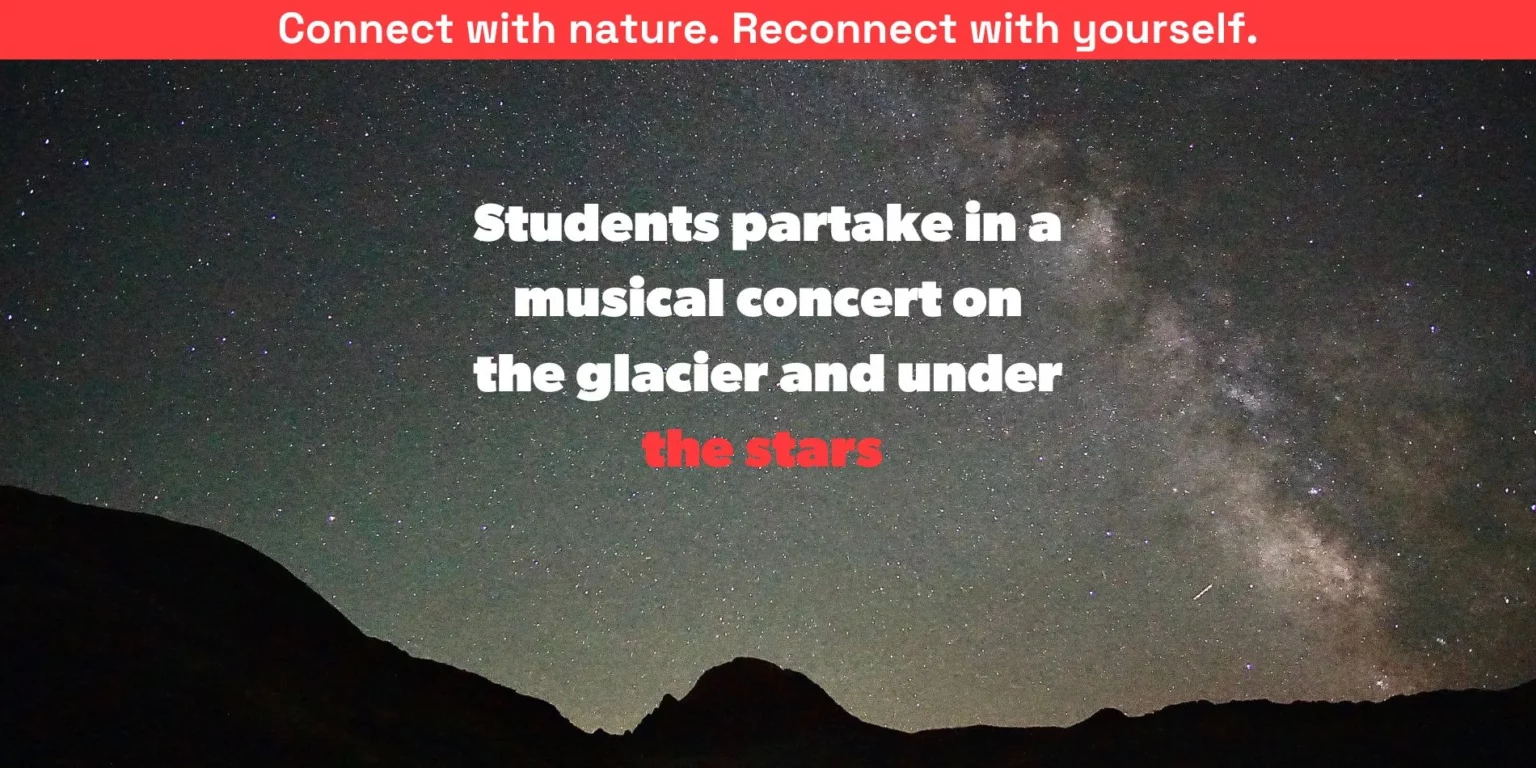
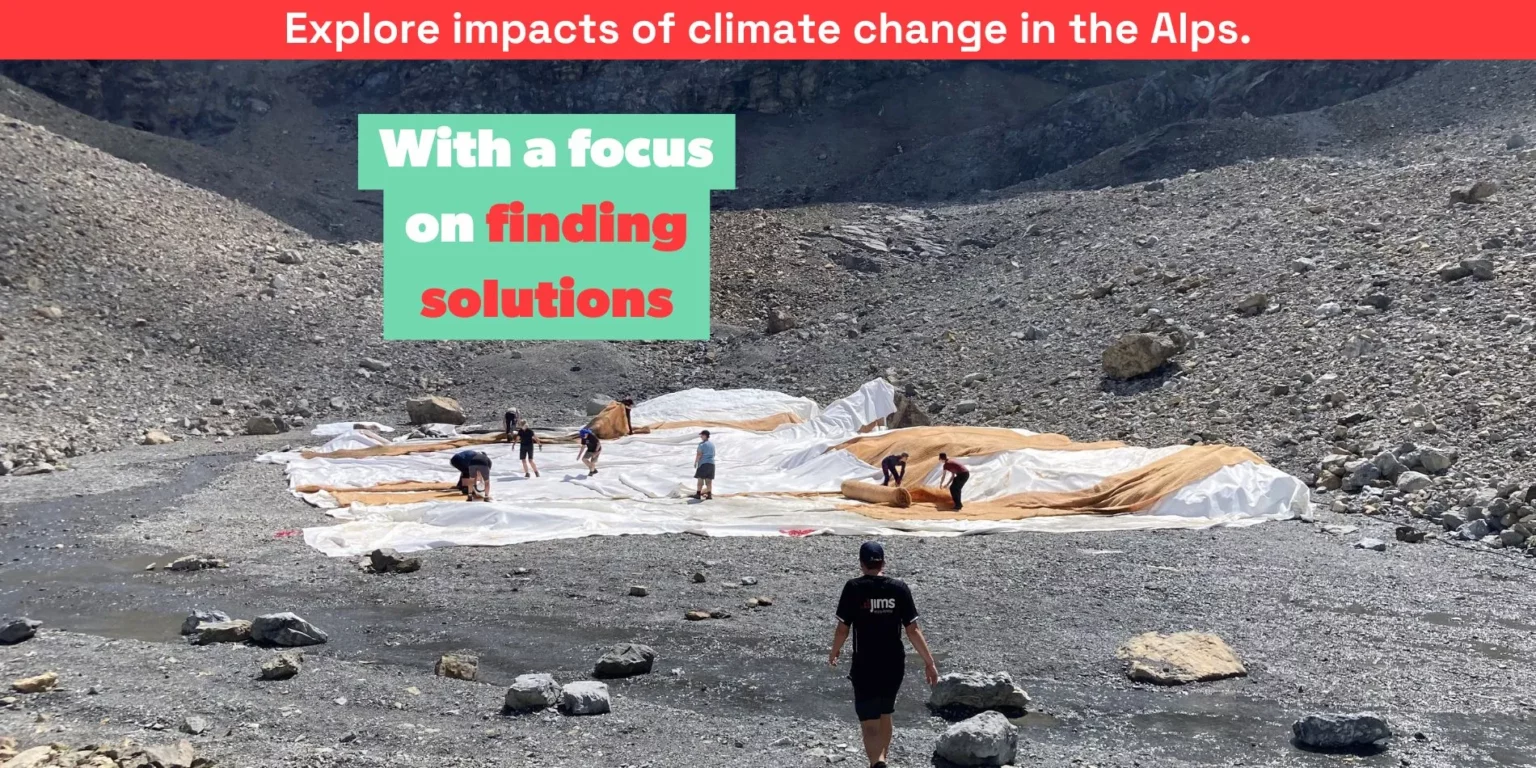
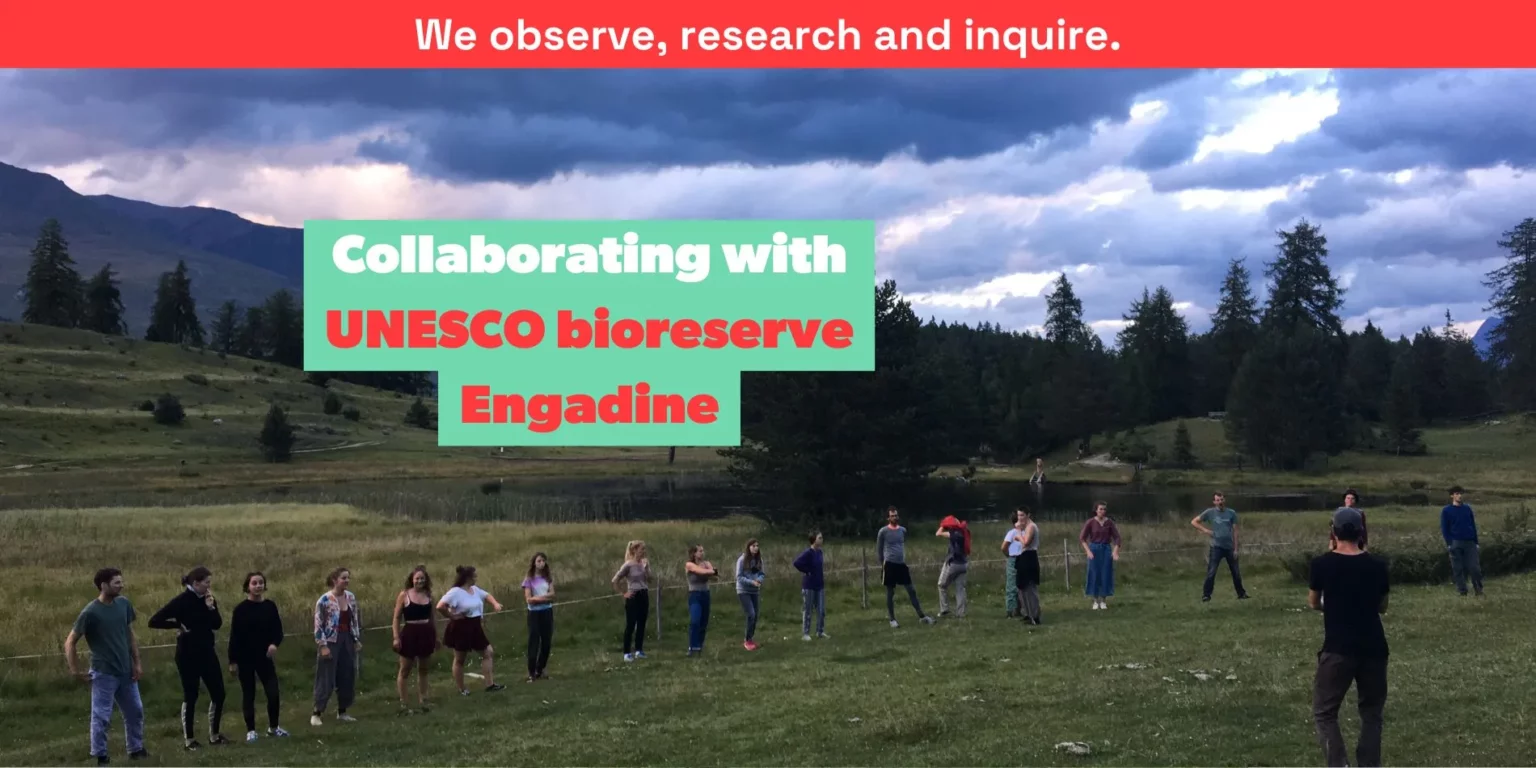
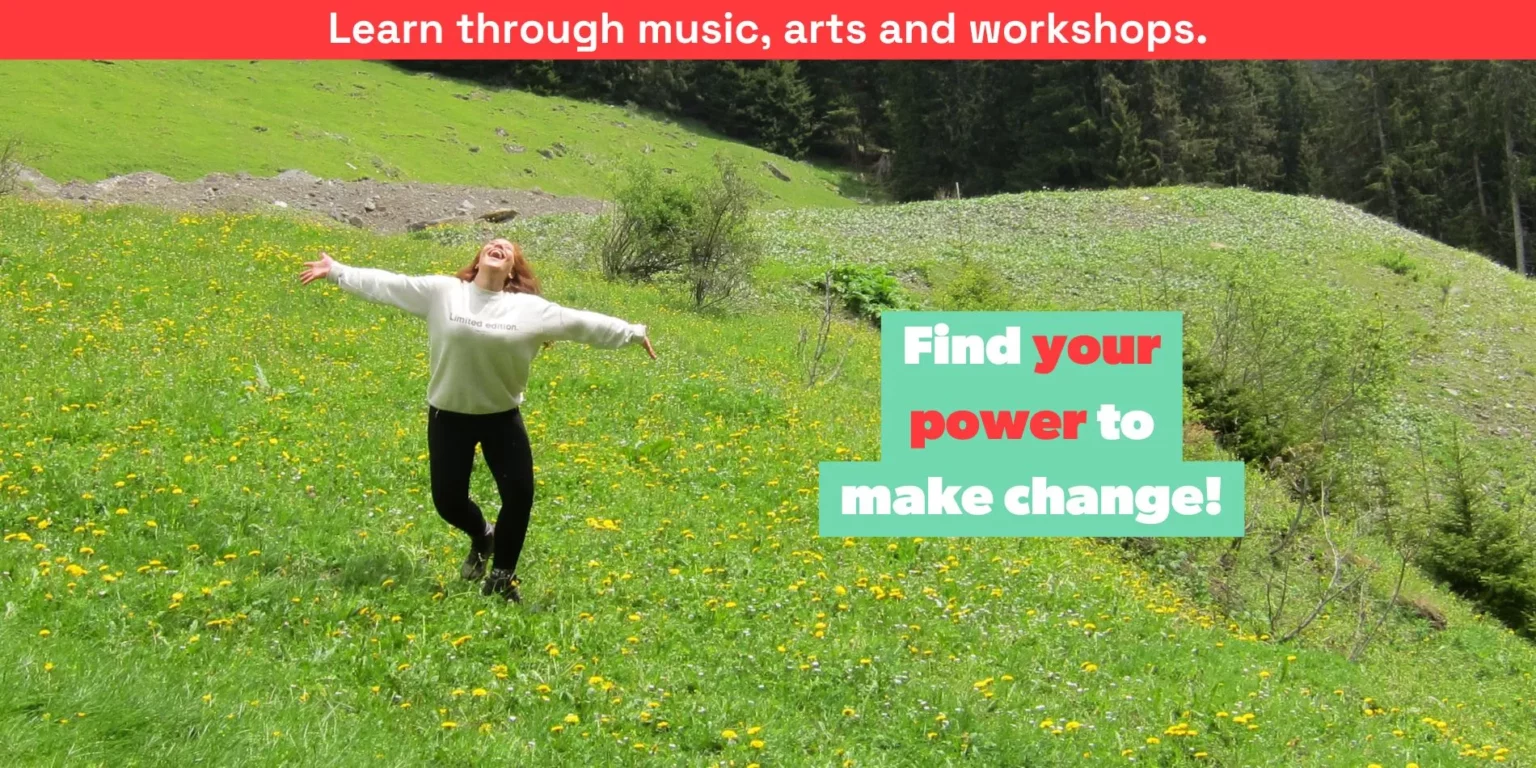
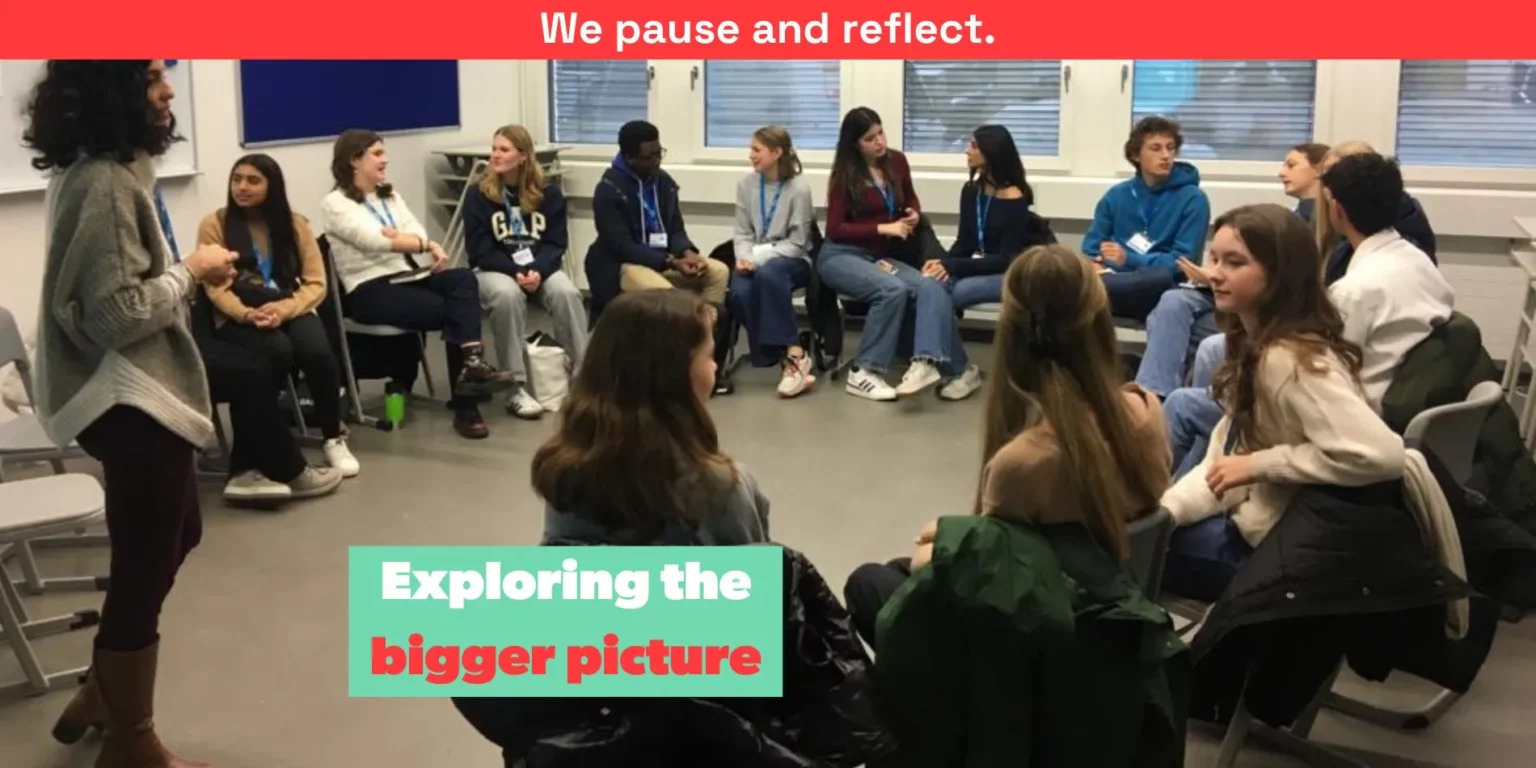
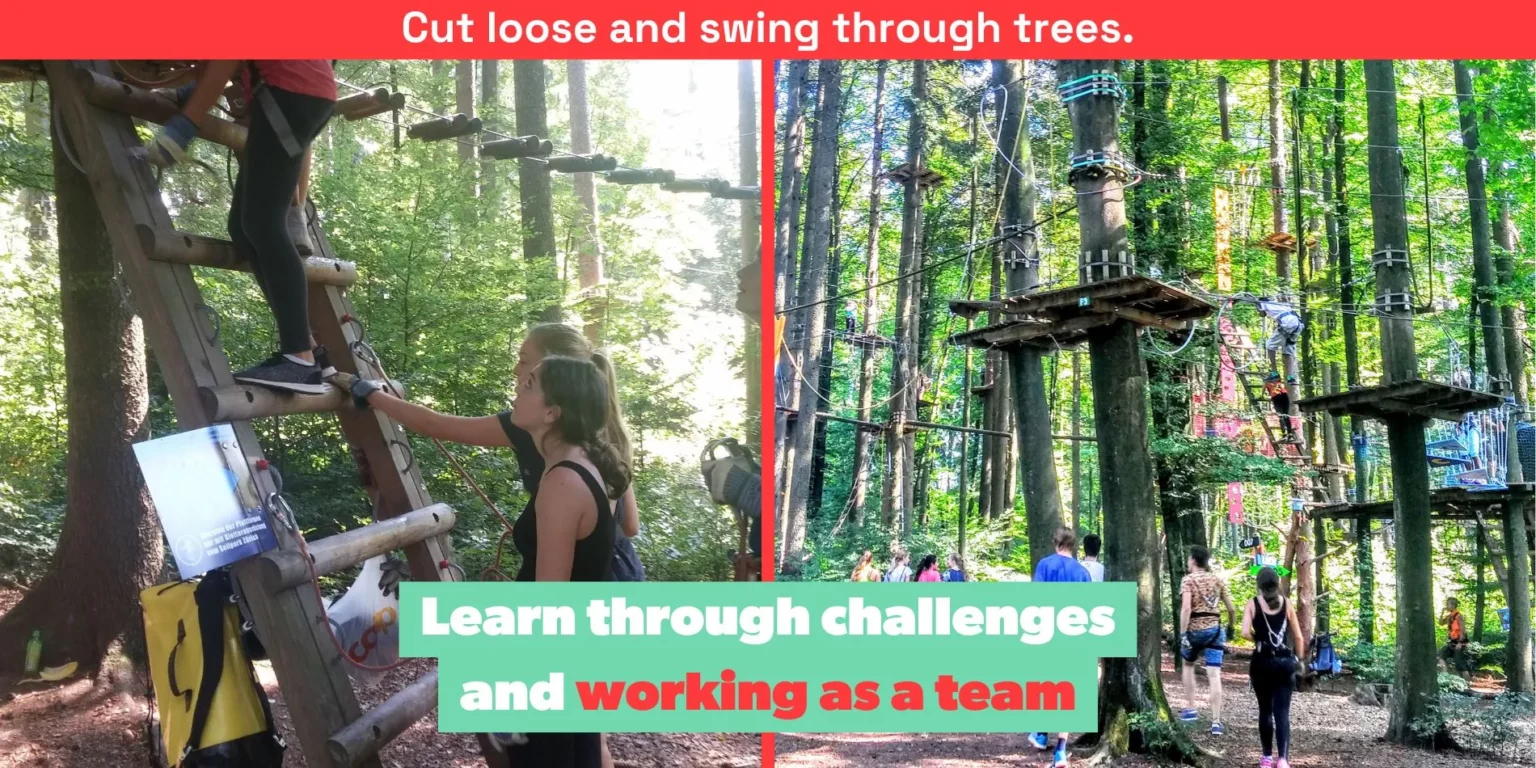
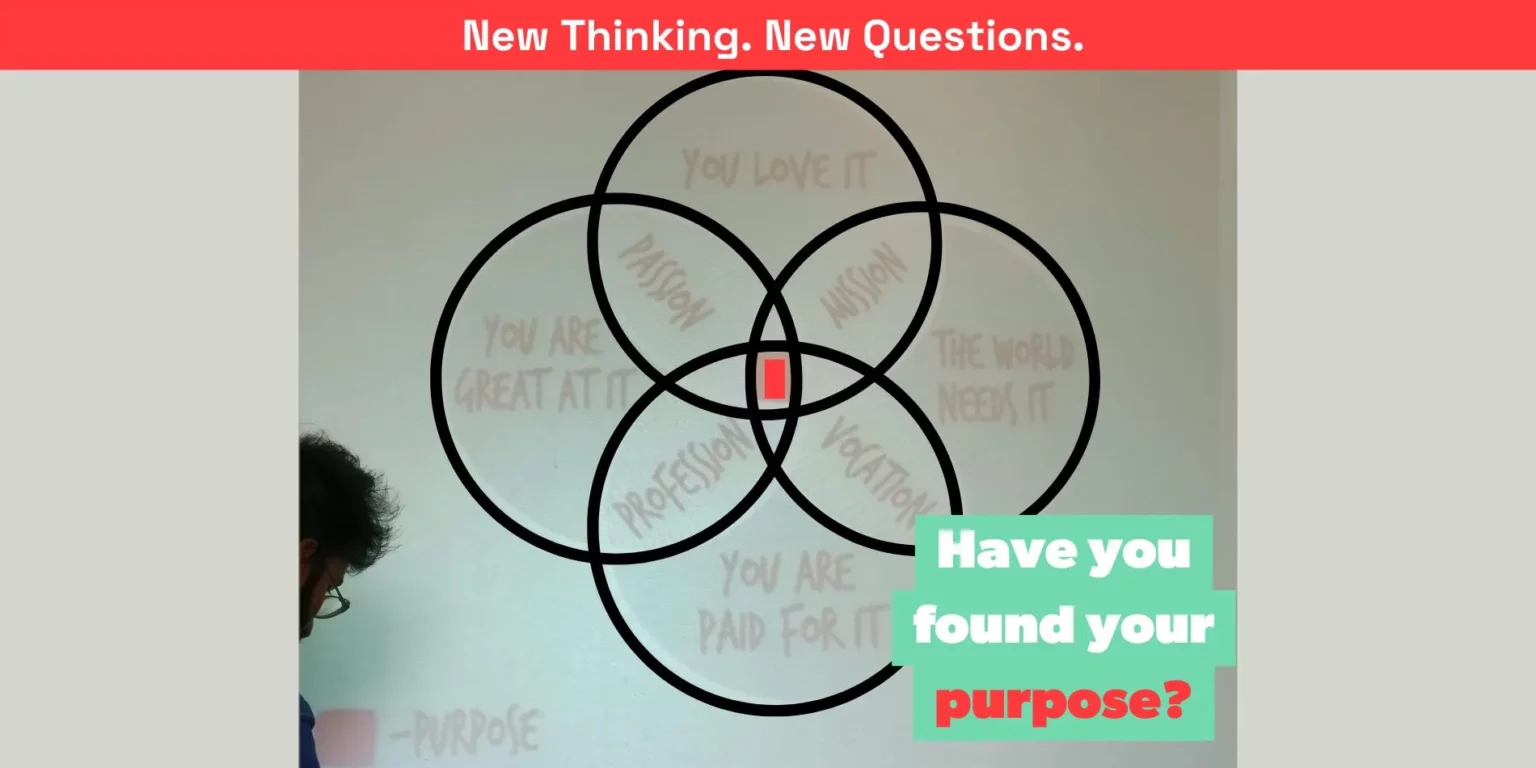
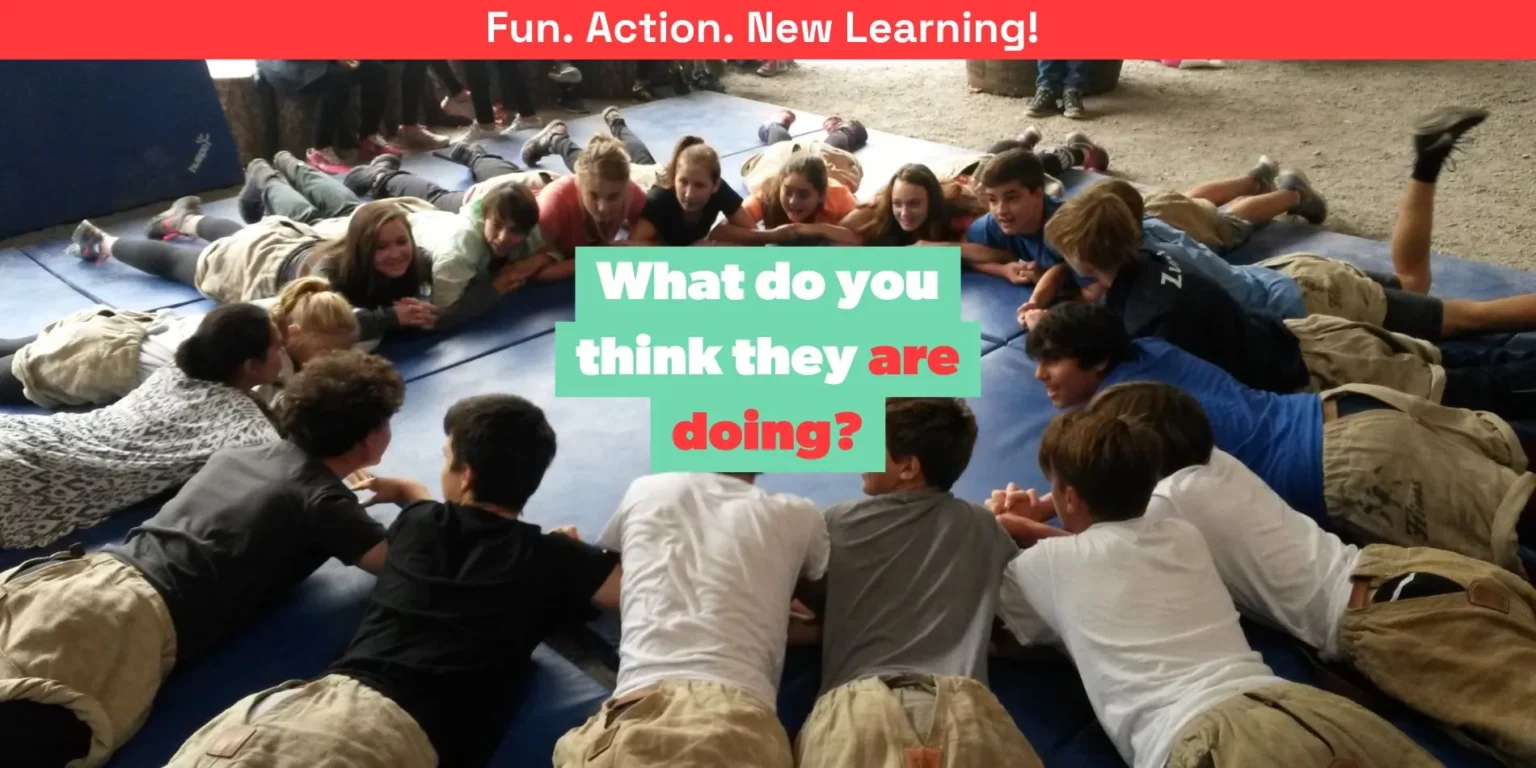
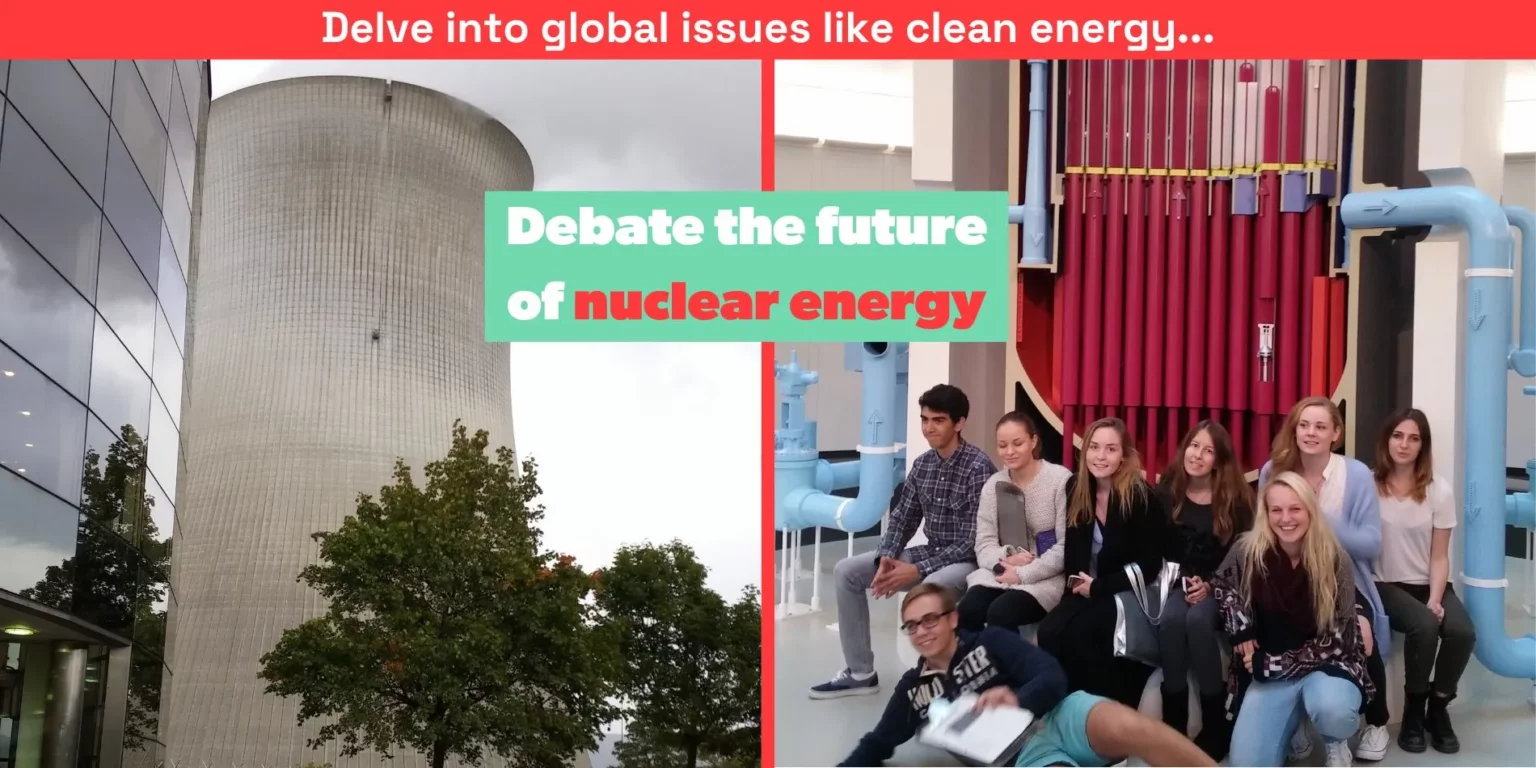
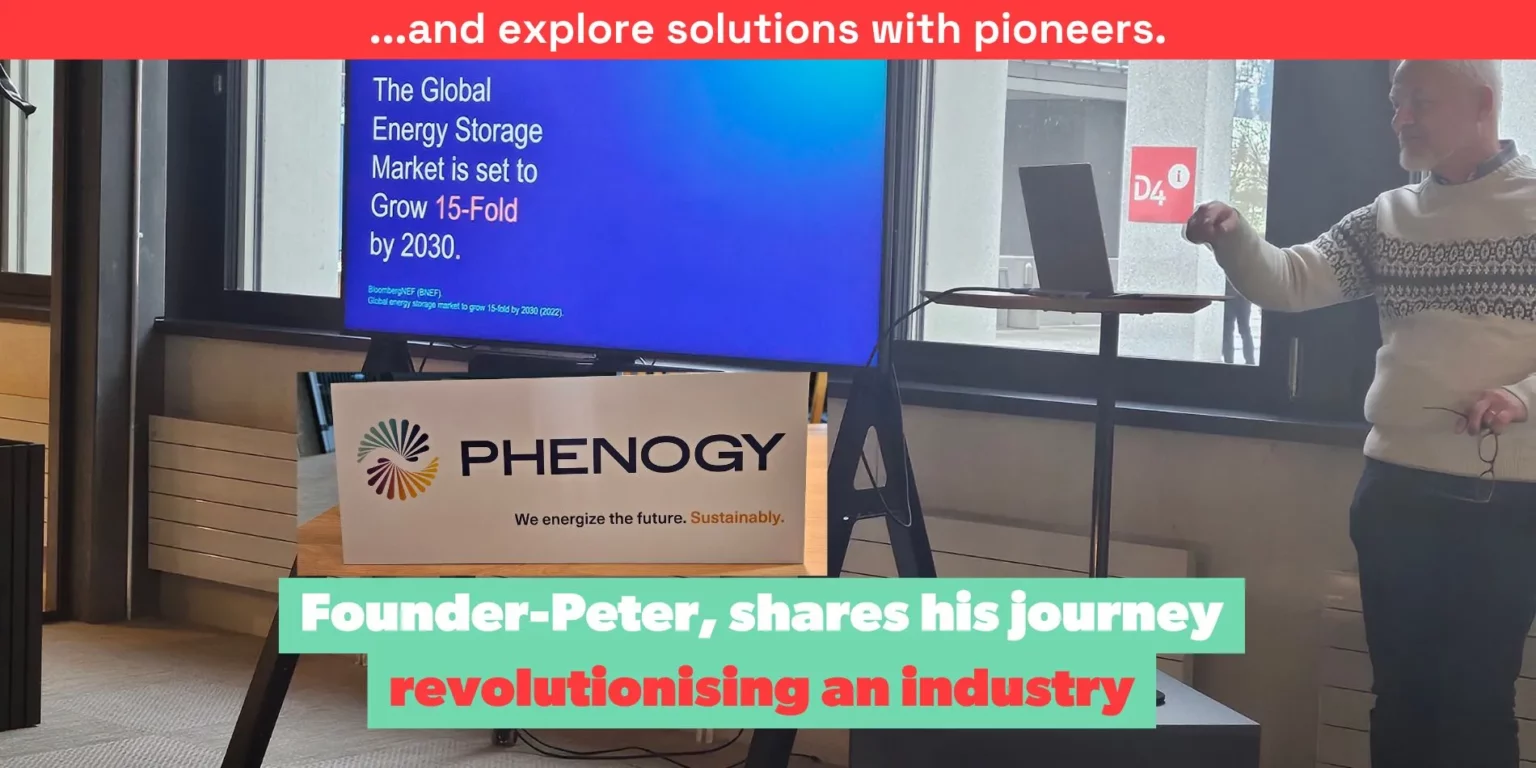
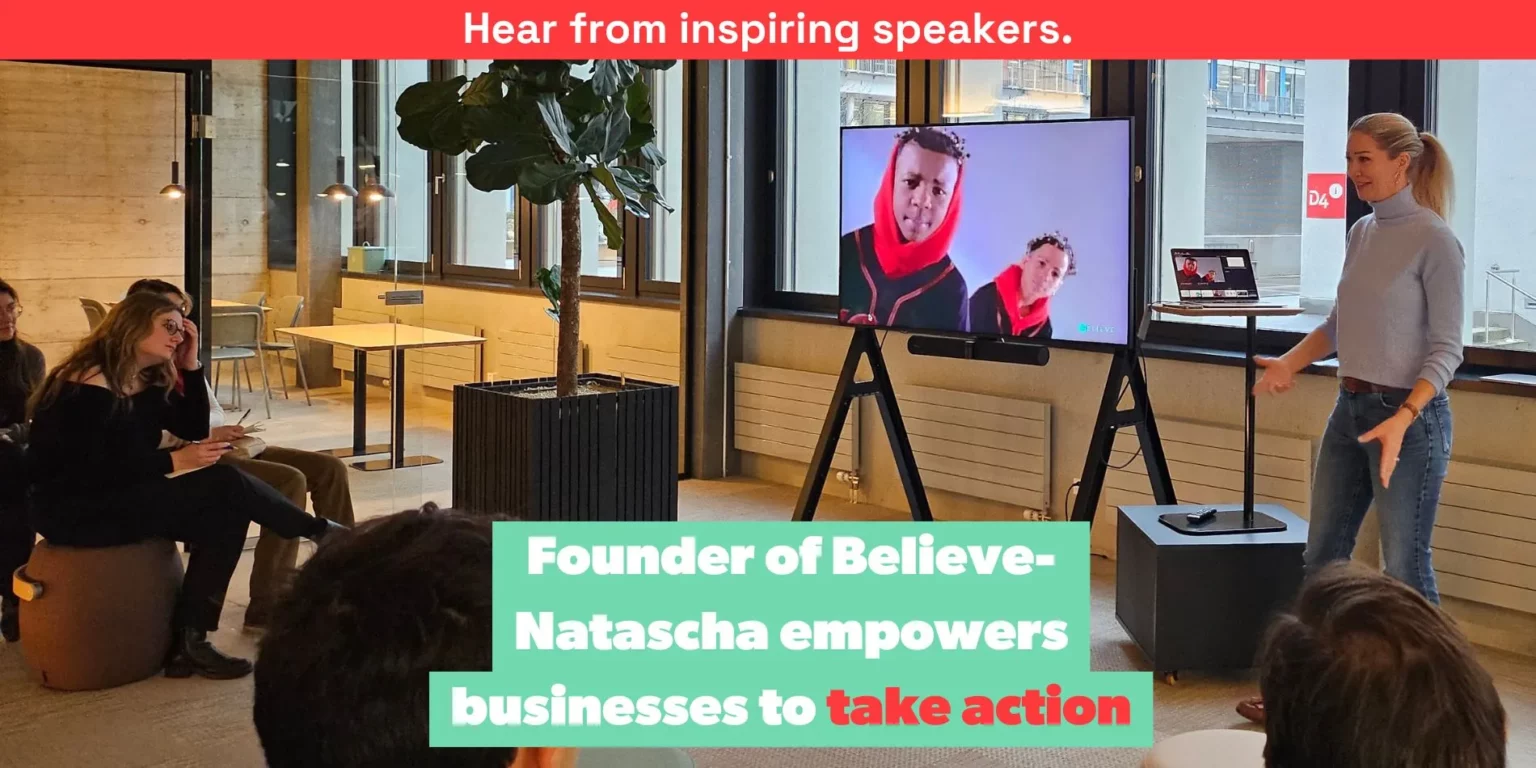
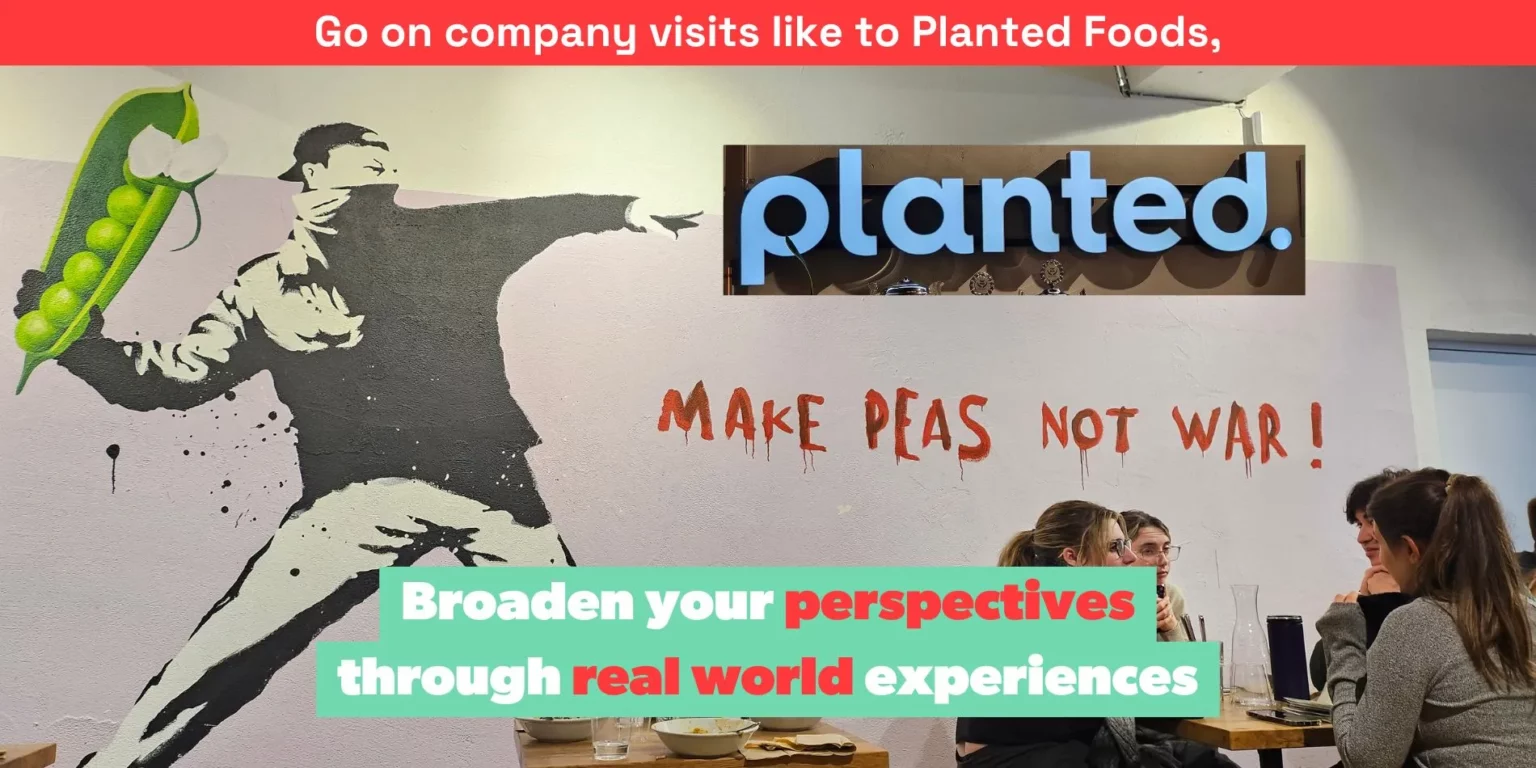
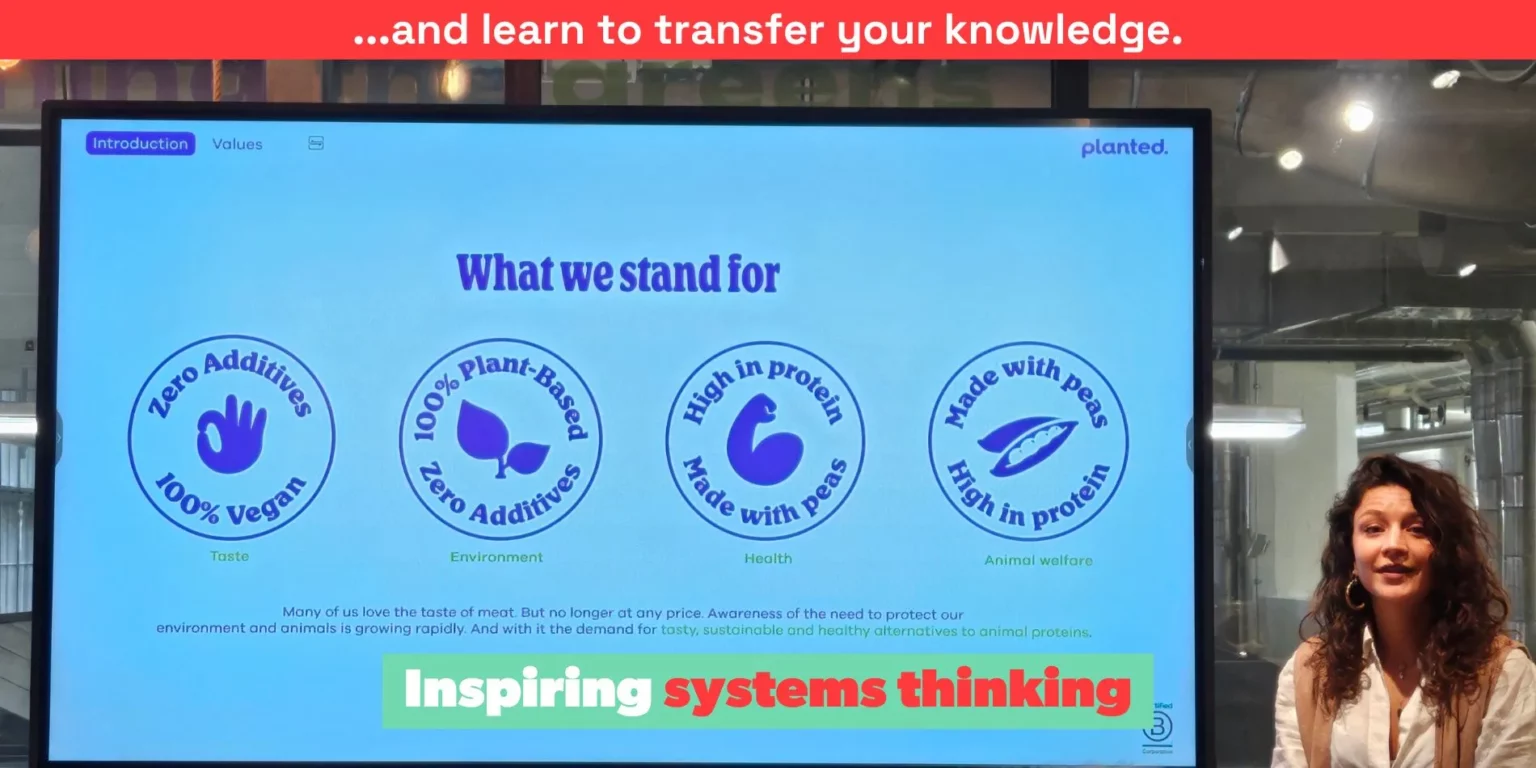
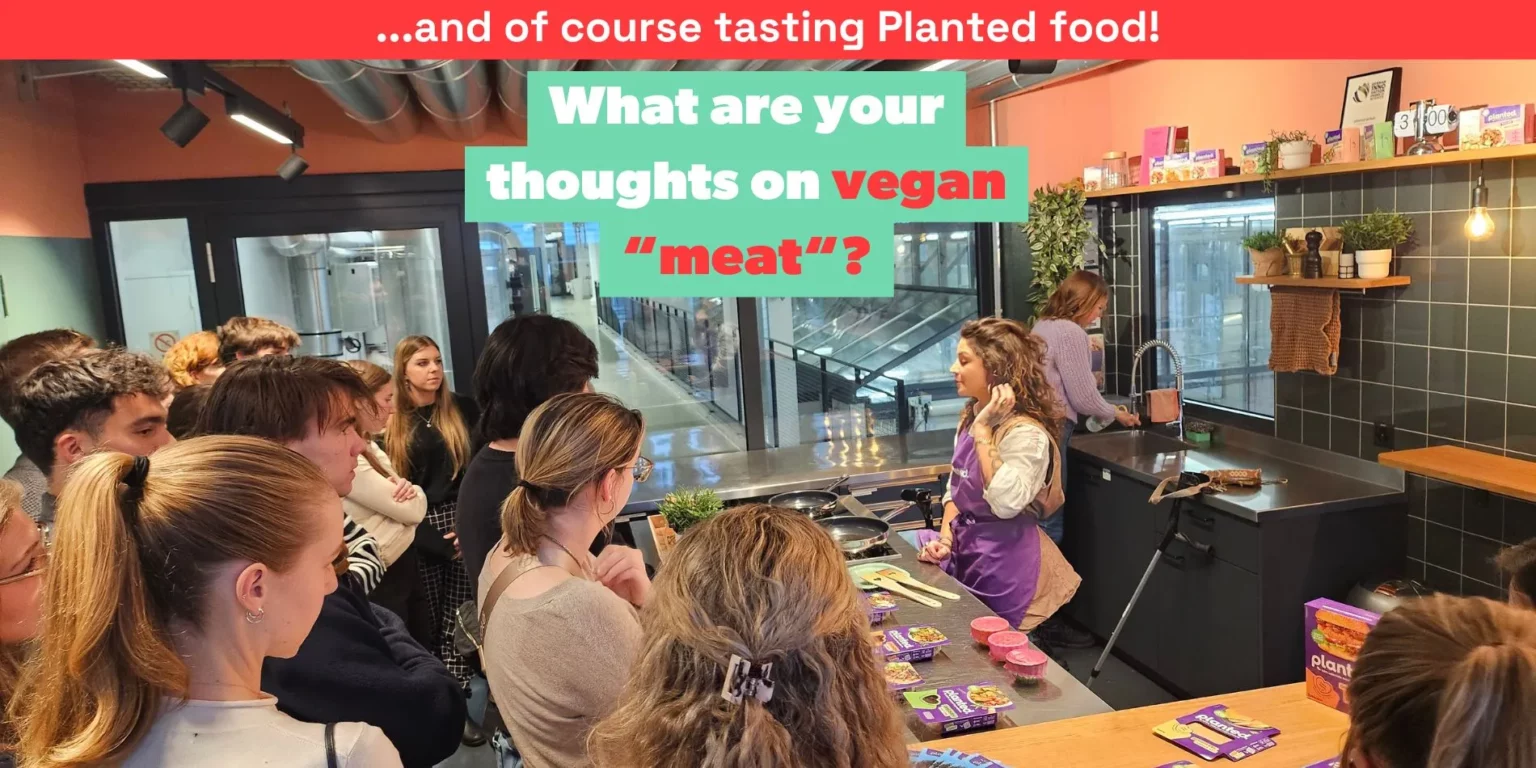
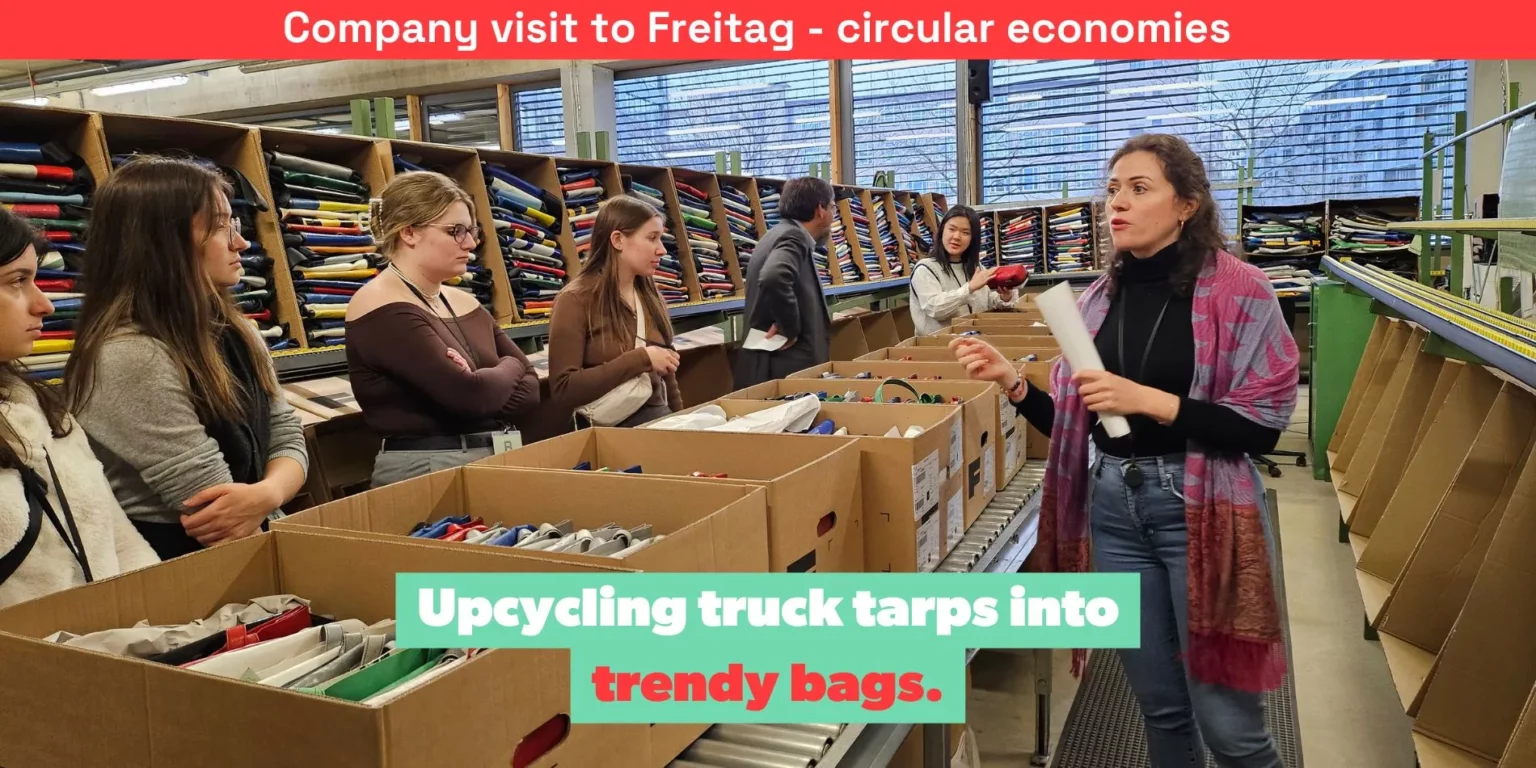
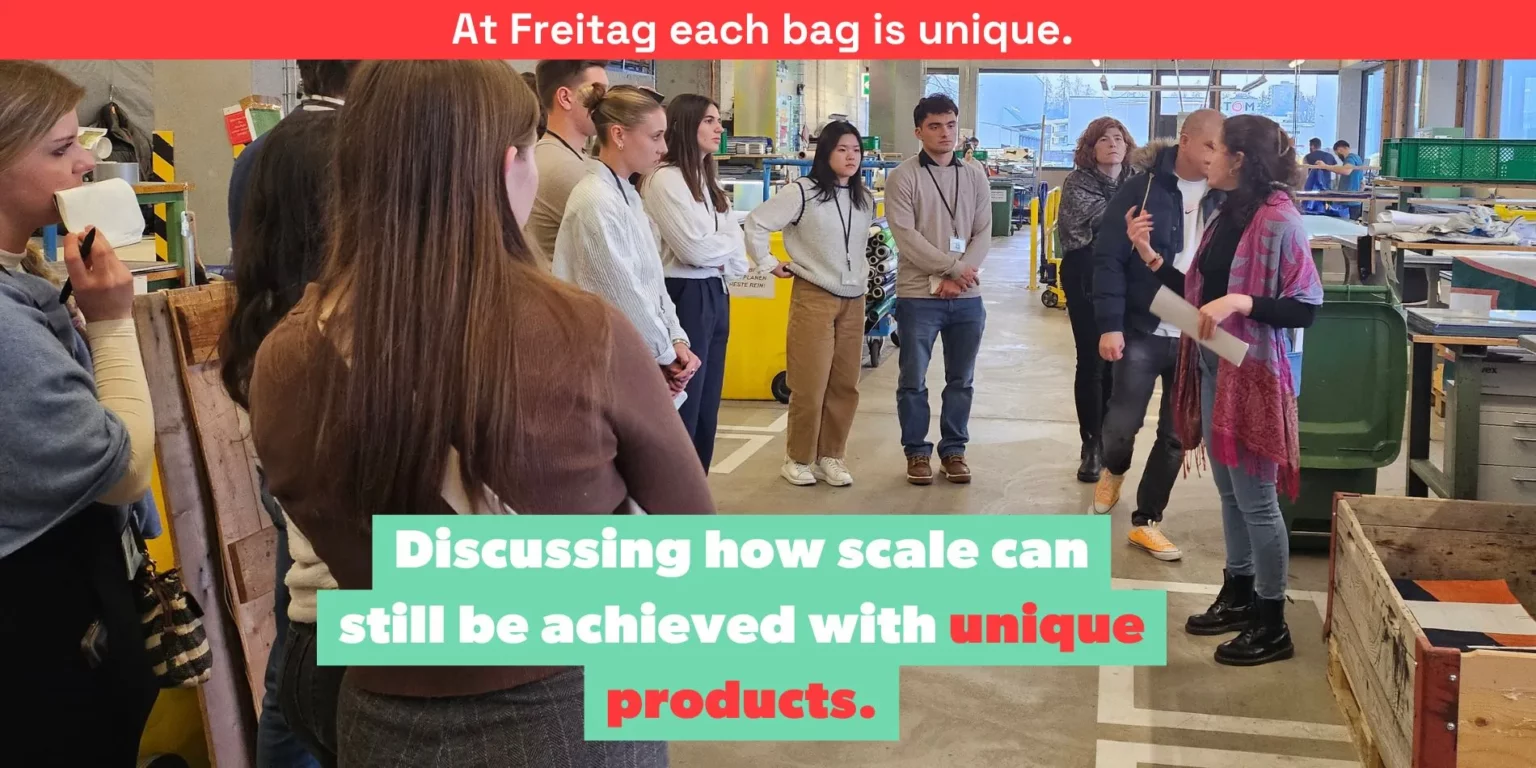
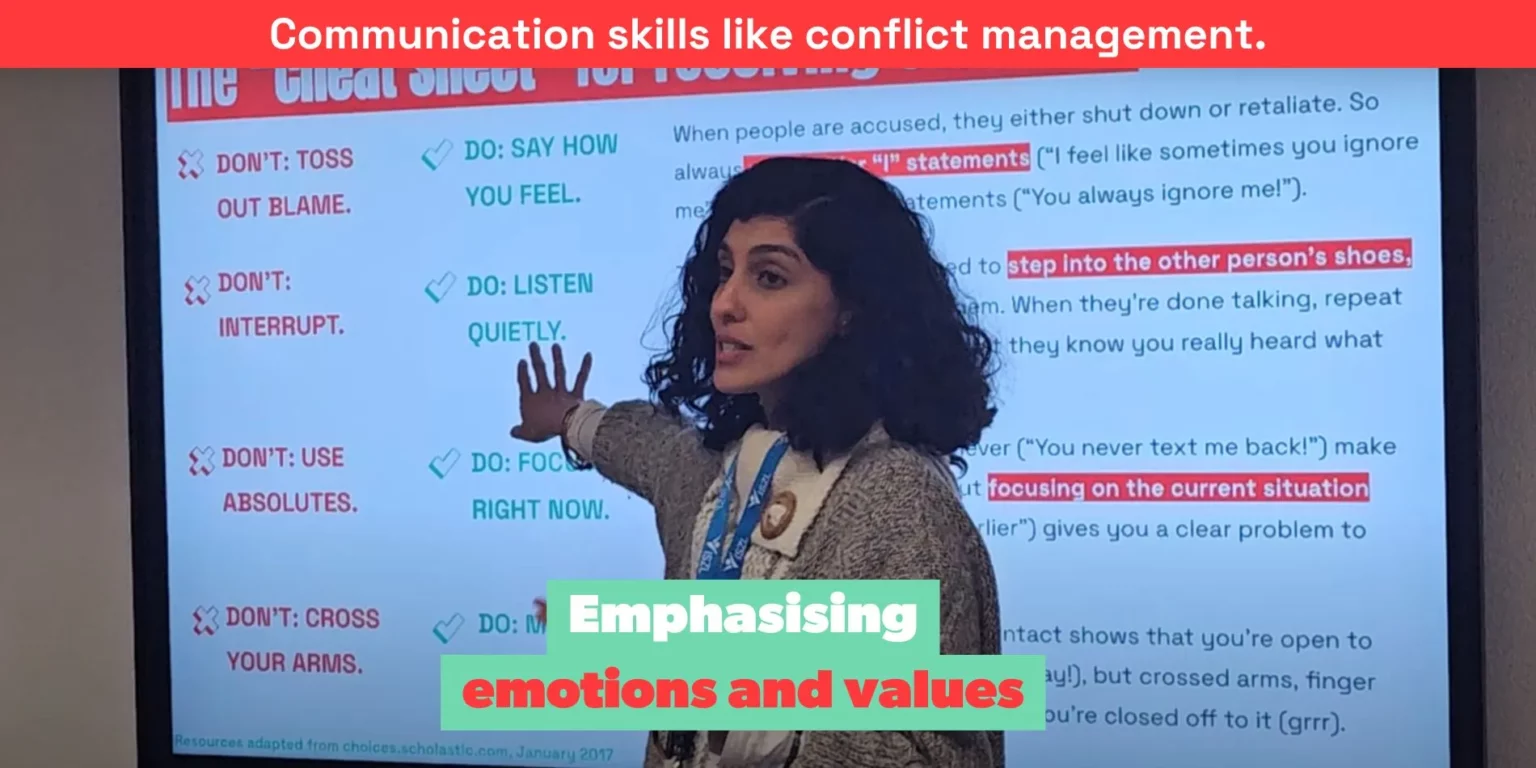
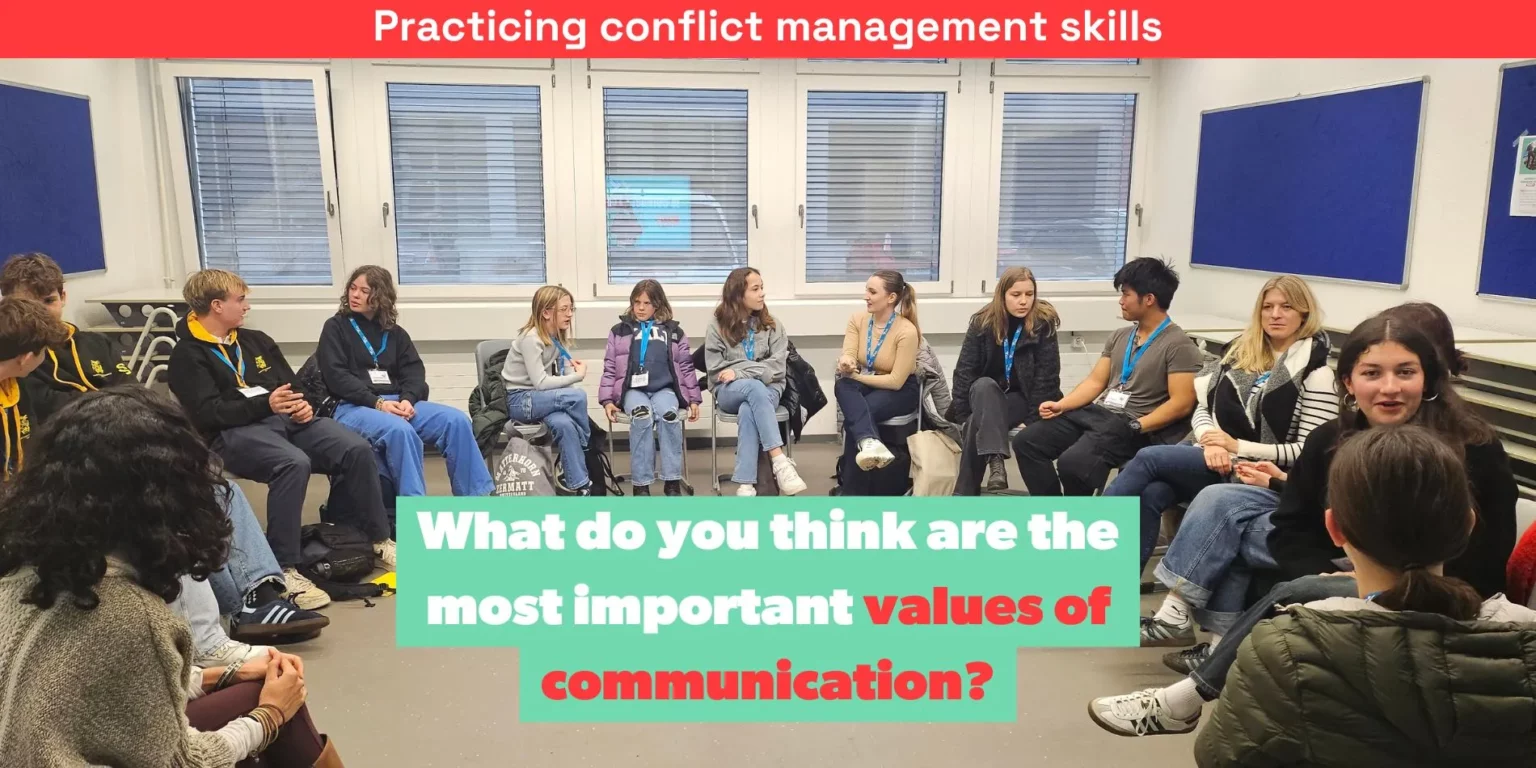
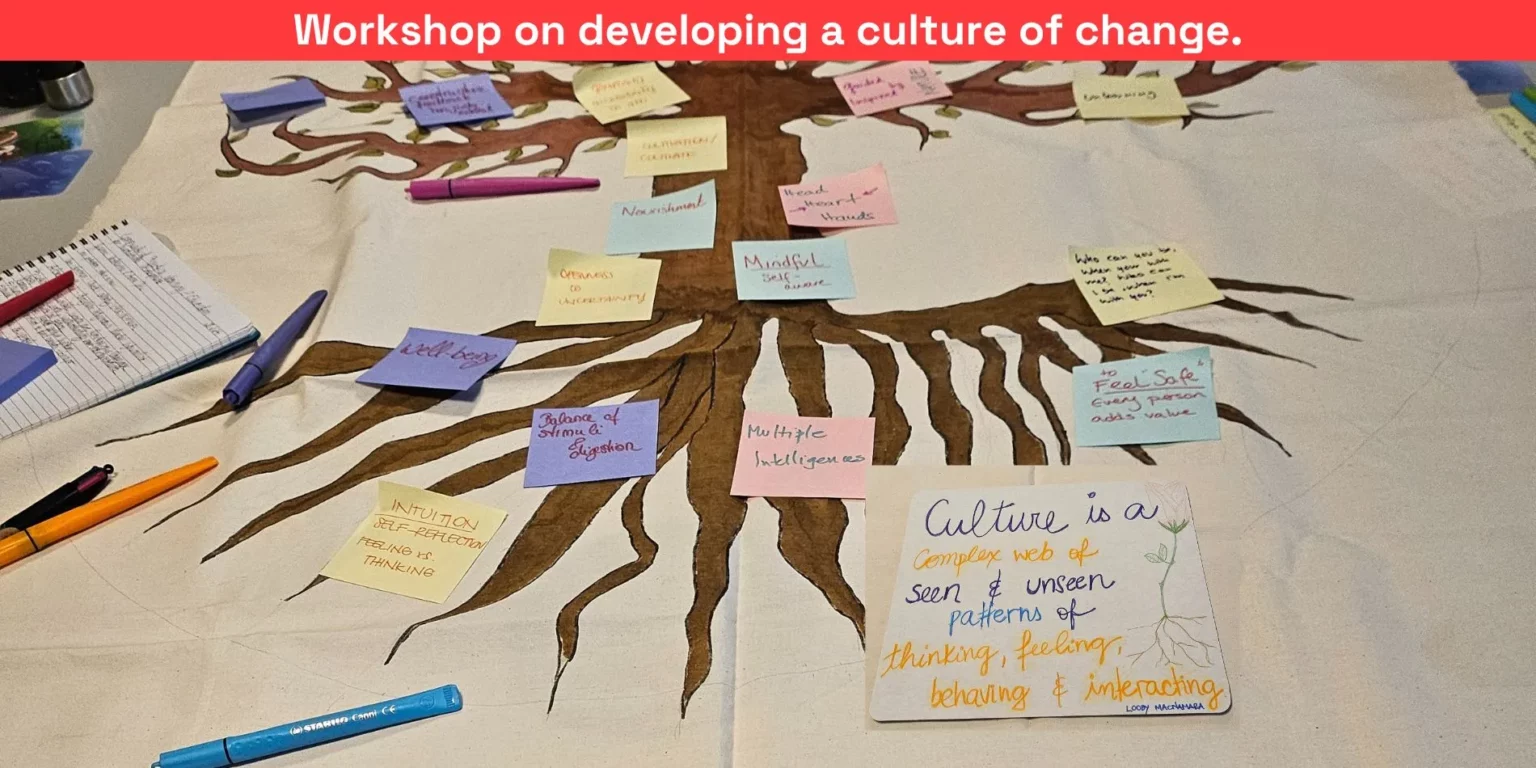
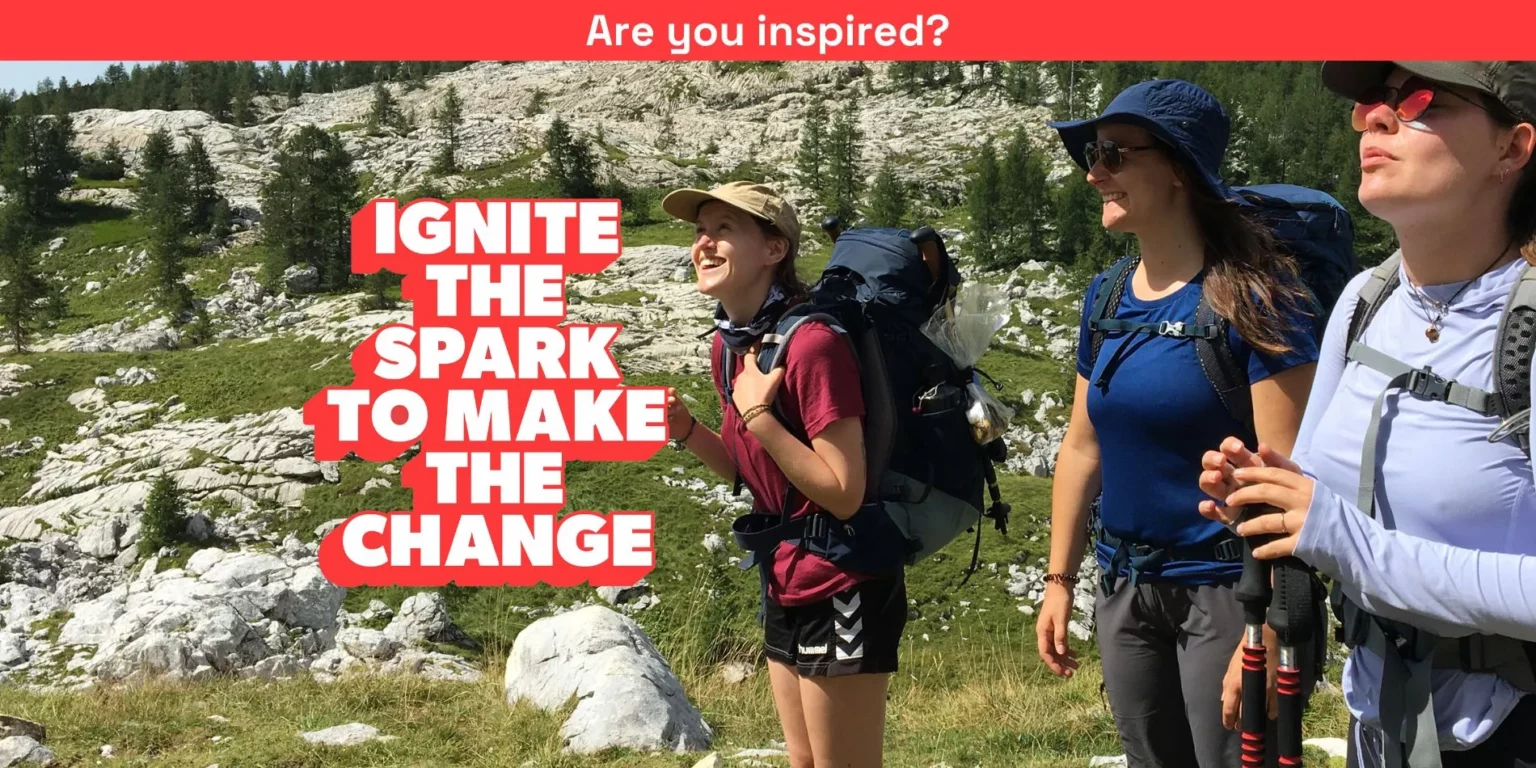
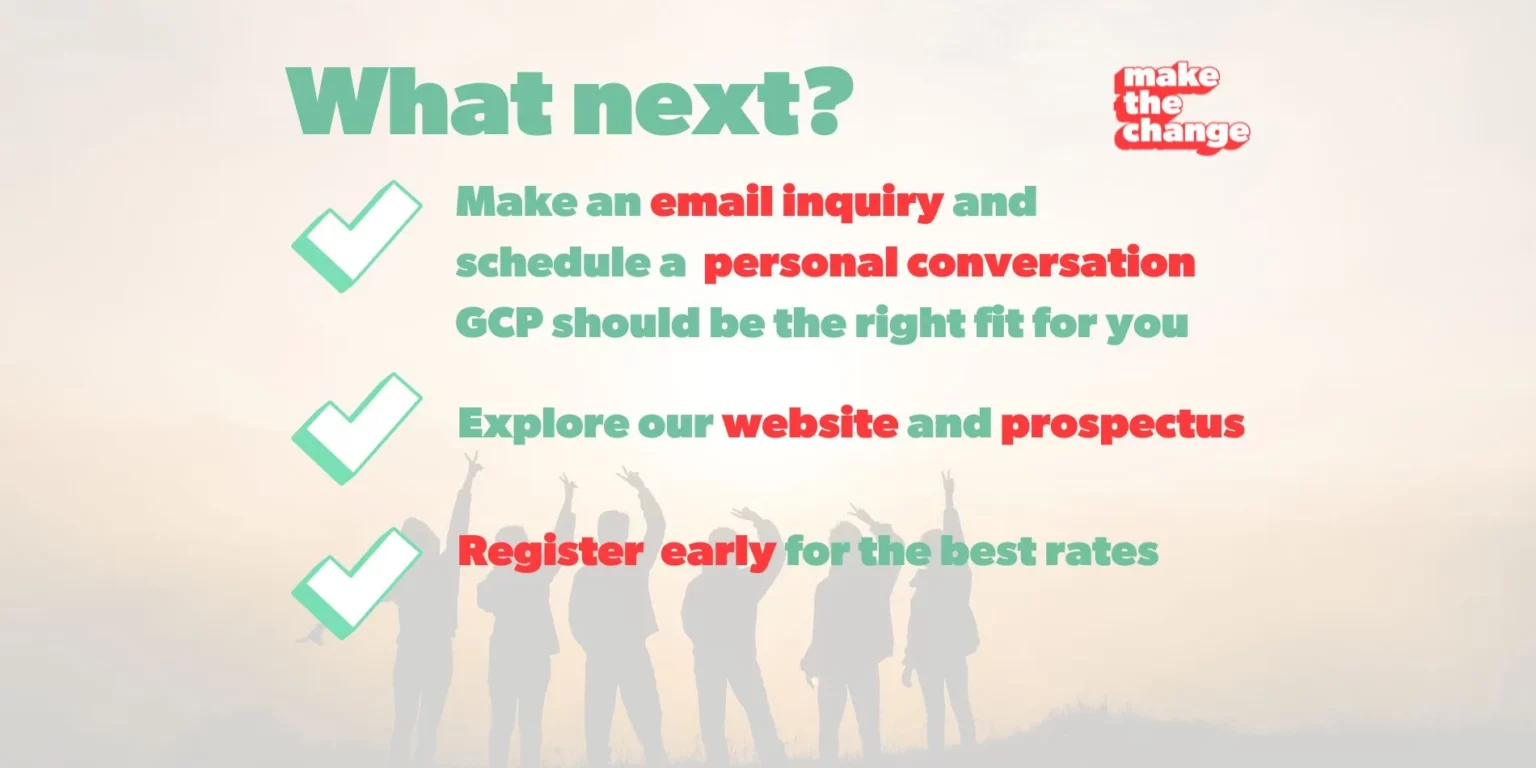
Highlights
- Holistic development
- Cultural diversity with three locations
- Experiential learning, lasting a lifetime
- Corporate networking opportunities
Focused on STEM for an enriched camp experience.
Overview
The Gaia ChangeMakers Program combines fun, challenge and transformation. A camp to inspire 15 to 19 year-olds over three weeks to discover themselves, their values, inner strength and potential. The camp starts in Zurich, then Prague, and finishes in the beautiful Swiss Alps. Students explore global challenges like meeting energy demands, circular economies and sustainability, and a solutions based approach to build the hope, skills, and values needed to address them.
KEY EXPERIENCES:
- Immersive art and engineering projects (e.g. painting a mural in a Swiss Village and building a remote controlled hydrogen fuelled car)
- Hands-on workshops (e.g. Inner Transition work to take action, Climate Fresk to understand the causes and effects of climate change, conflict management skills...)
- Company visits, and expert talks around circular economy, supply chain and more (e.g. Patagonia, Panasonic, Planted Foods and more)
- Excursions and activities in a variety of urban and natural settings. (e.g. staying on a glacier, hikes, swimming in the lakes, visiting a Swiss Chocolate factory, sightseeing and more!)
KEY TAKEAWAYS:
- Develop skills that set you up for life, and universities and employers highly value in their best recruits, such as systems thinking (complexity awareness), problem solving like an innovator (using design thinking) and conflict management (leadership and communication).
- Using the "Inner Development Goals" skills are coupled with values like empathy building, developing a sense of being, inclusion, respect and resilience.
- Students are challenged to consider possible careers, even ones that may not yet exist.
- International Baccalaureate Diploma students may use the program to meet a number of the "CAS" (Creativity, Activity, Service) requirements.
- Learning and friends to last a lifetime.
The program was created by Make The Change, founded by Diya Kanoria. She has led many overseas trips with students, during her extensive experience as a high school educator in the UK, USA and Switzerland. Through teaching and as a former Curriculum Area Leader at Zurich International School, Diya has a deep appreciation for the transformative power of education. She hold two Masters degrees from the University of Cambridge, and Duke University.
The program is the product of several collaborations and partnerships, for example with Felix Keller, Professor at the University ETH Zurich, UNESCO Bioreserve Engadin, Netpathie, the TransformActionLab, APAG Elektronik, Freitag Lab, Planted Foods, Patagonia and more.
Students can participate as semi or fully residential students. Semi-residential students do not need accommodation in Zurich, and will be with their families on the weekends. We know three weeks may seem long during summer vacations, but meaningful transformation takes time, and we are confident you will want it to be longer once you take part!
All participants receive a Gaia Changemakers Certificate, and will be invited to join our "Gaia Fellowship Program", with lifelong access to the Community, a safe and secure way for Fellows to collaborate on projects and to explore curated content and exchange ideas.
15-19 yo
From July 6 to July 24, 2026
3 weeks
From $9,349
English
Max 30 campers
Co-Education
Shared
Activities
ACADEMIC
– Company Visits in Switzerland and Czech Republic (circular economy, innovation, energy)
– Workshops (Inner Development Goals, conflict management, leadership training, design thinking)
– Game-based learning with Climate Fresk, Croptions game (Regenerative economics), Simulating bringing a village out of poverty). – Speakers (pioneers, entrepreneurs, artists)
– Projects to solve real problems
– Glacier hike, overnight stay, and glacier clean up.
– Painting a mural in a Swiss Village to communicate a message to the World SOCIAL
– Staying in a Swiss Mountain Hut, an experience in its own right.
– Hiking
– Picnics
– Swimming in the pristine Swiss lakes
– Musical Concert on the glacier (as a participant, or audience!)
– Chocolate Factory and Museum tours
– Sightseeing and learning about the rich cultural history of Prague and Zurich
Dates & Pricing
Fully Residential includes food, accommodation and activities for the full program
Fr. 7,200
Semi Residential excludes accommodation, food and weekend activities when in Zurich.
Fr. 5,700
EARLY BIRD CHF 1000 discount if you register before 28th February 2026.
All participants must cover their own travel costs to and from Zurich and medical and travel insurance.
From July 6 to July 24, 2026
From $9,349
Academics
Our whole program is a unique transdisciplinary academic program that promotes systems thinking, and the concept of circularity in multiple contexts. Students not only experience, but they also apply what they learn. The 4 segments are:
1. Self-development
2. Projects, concepts, and inquiry
3. Real-world learning (learning in context)
4. Community partnerships
Schedule
The daily and weekly outline can be explored in our brochure: https://makethechange.aflip.in/GCP.html
Accommodation & facilities
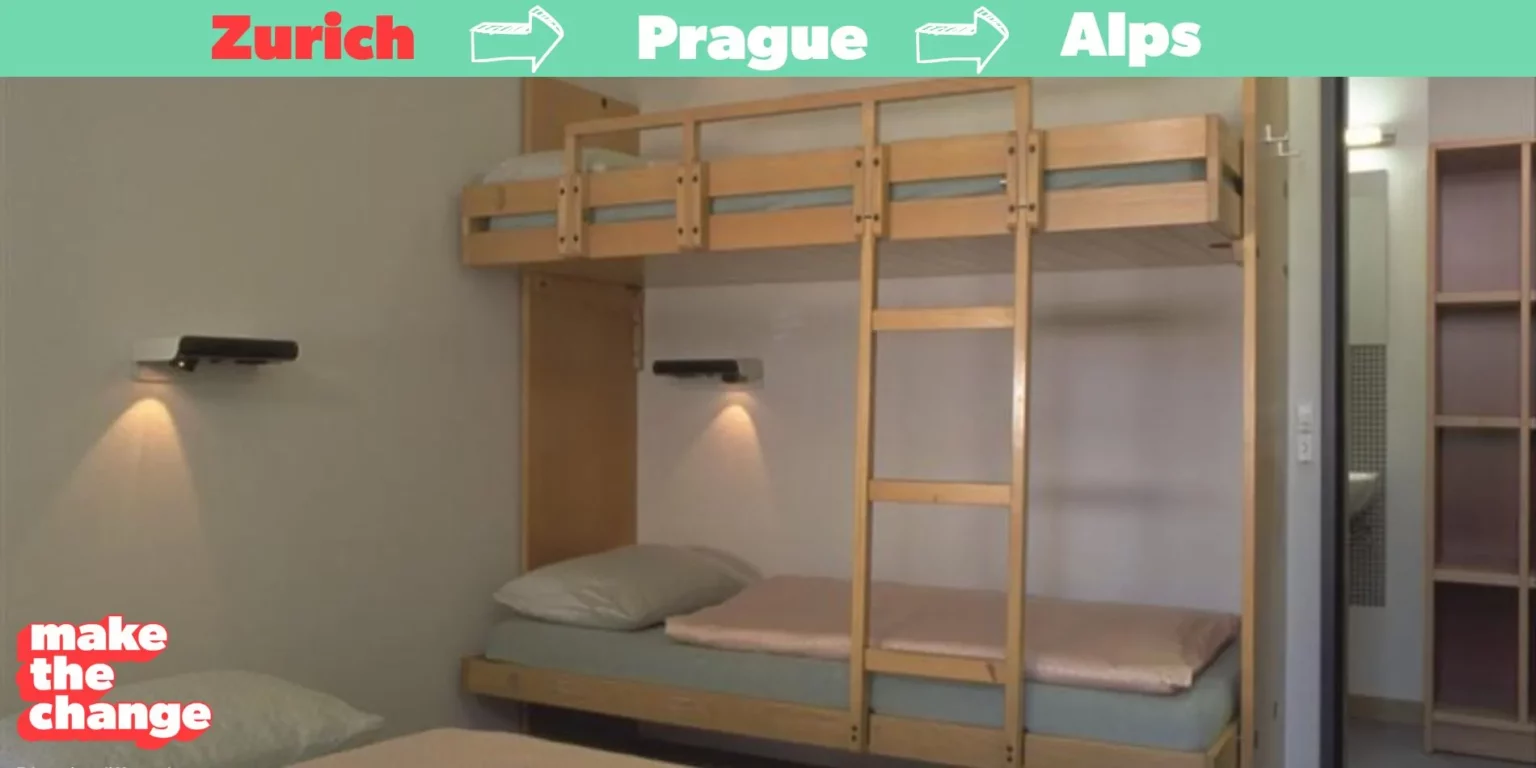
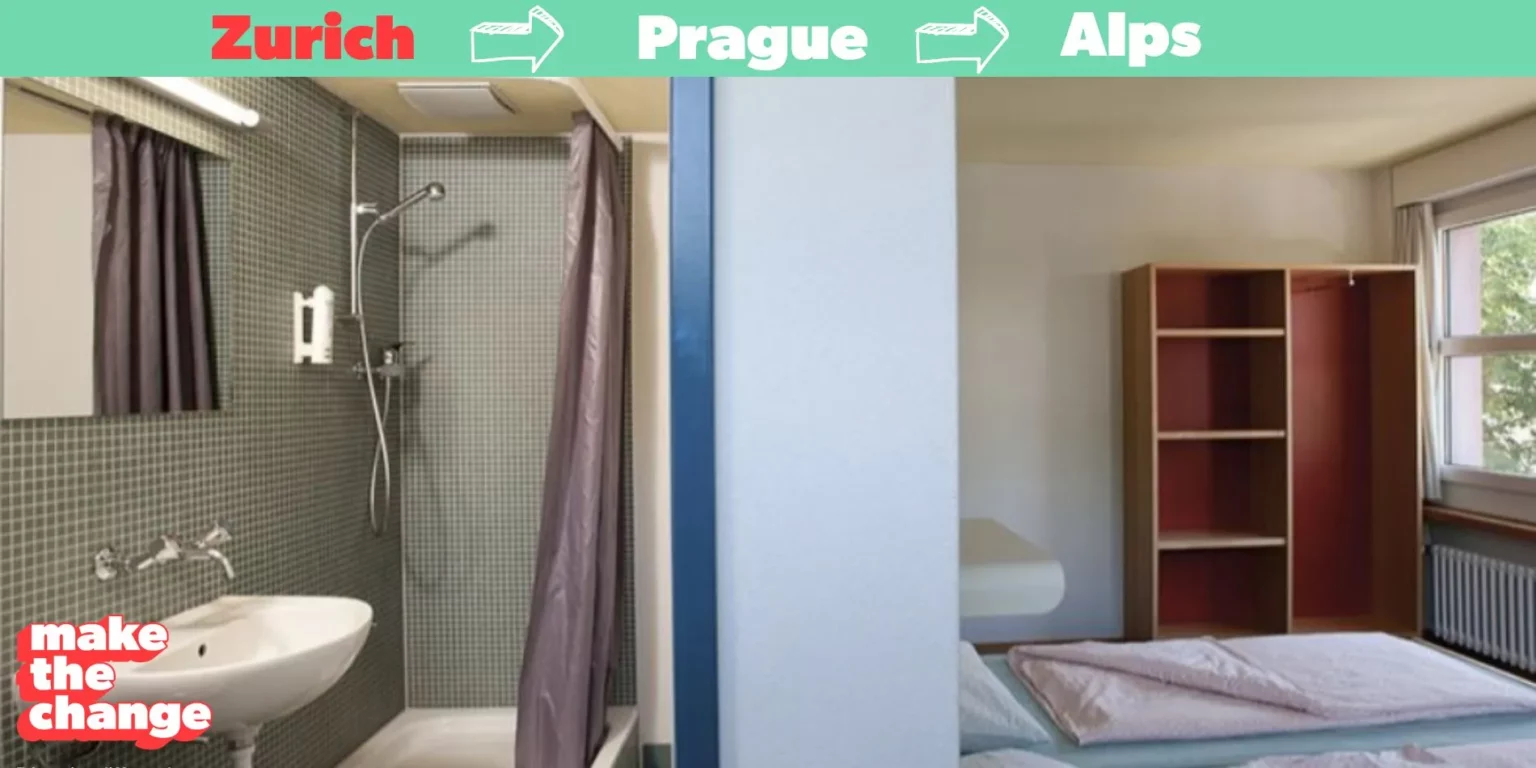
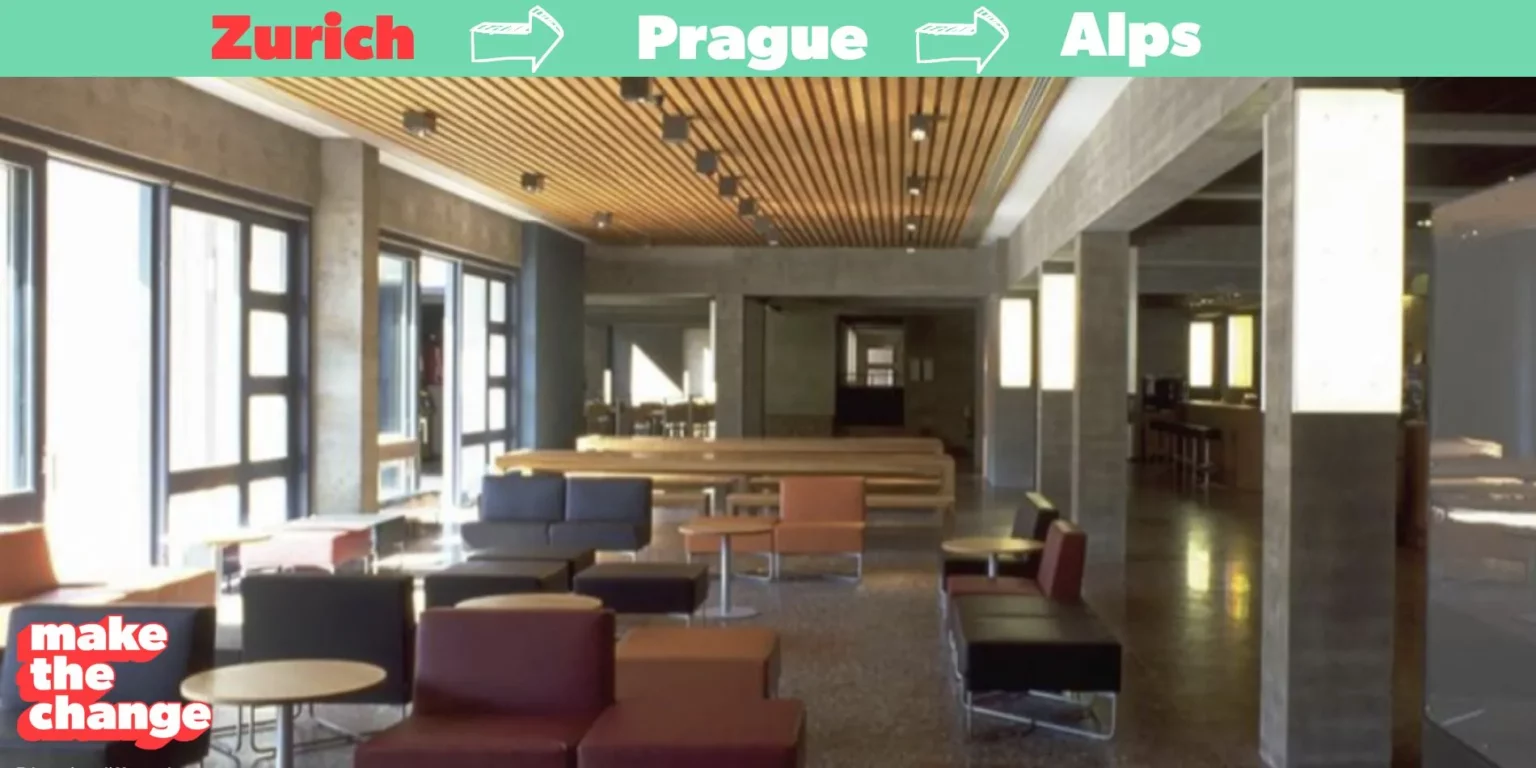
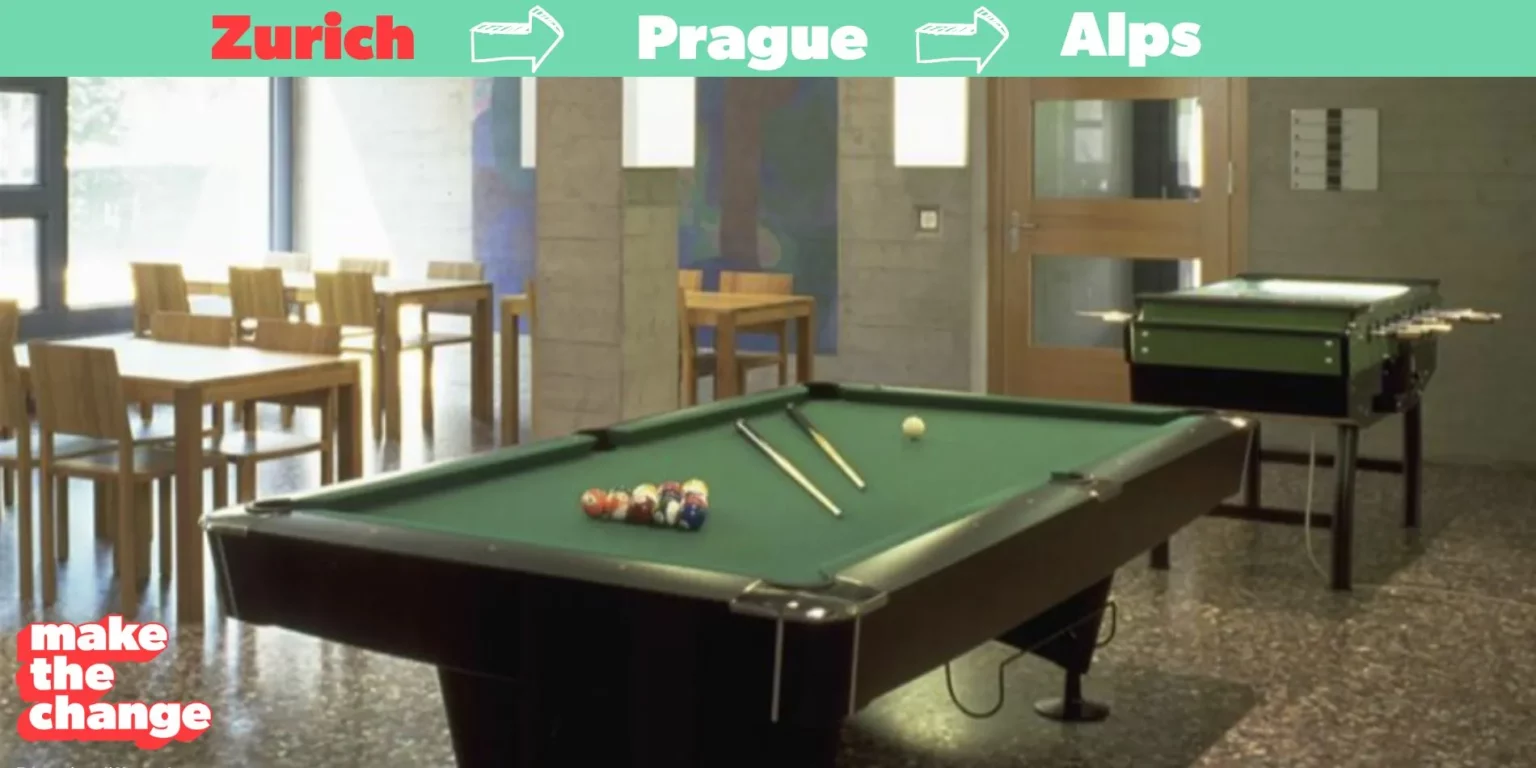
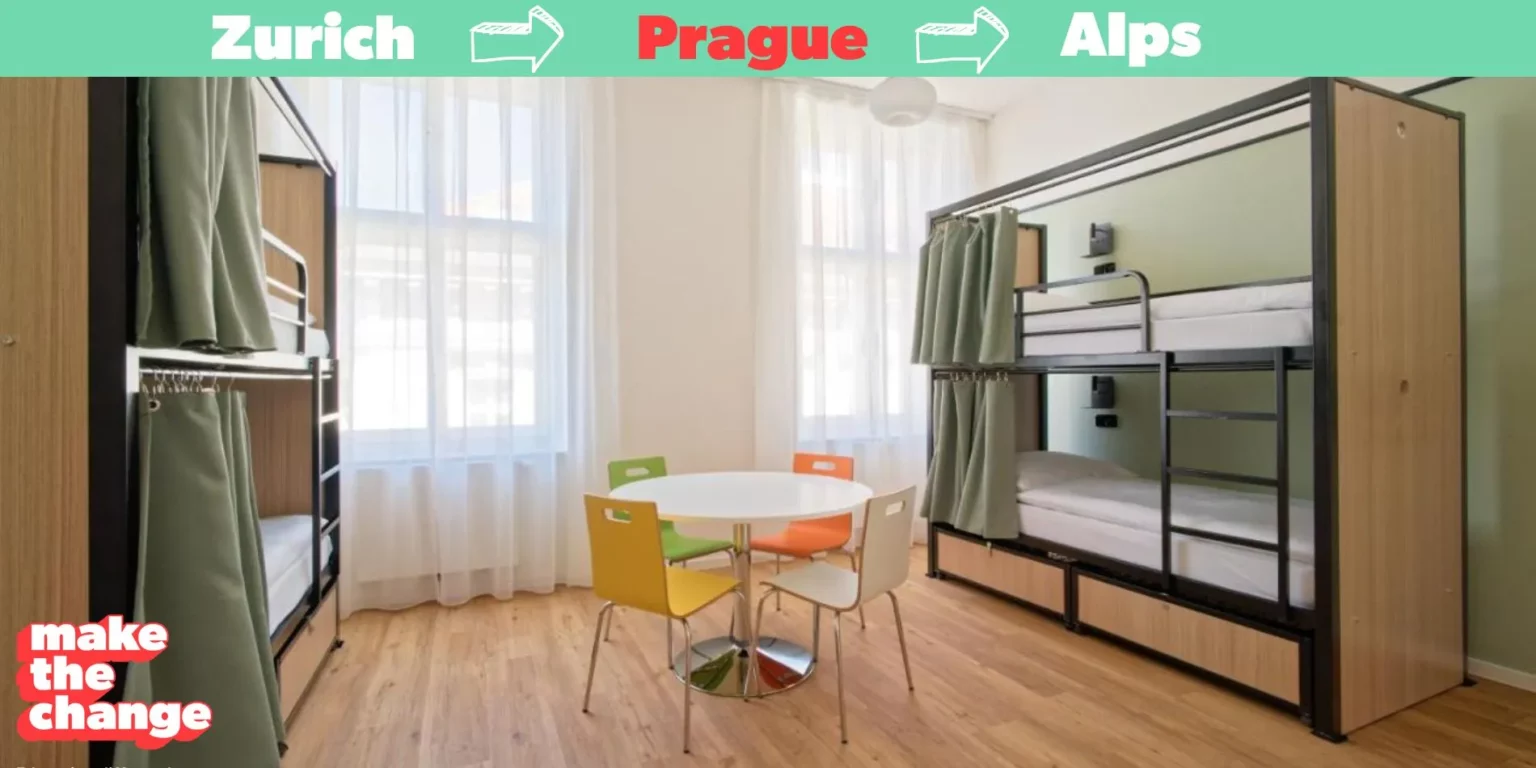
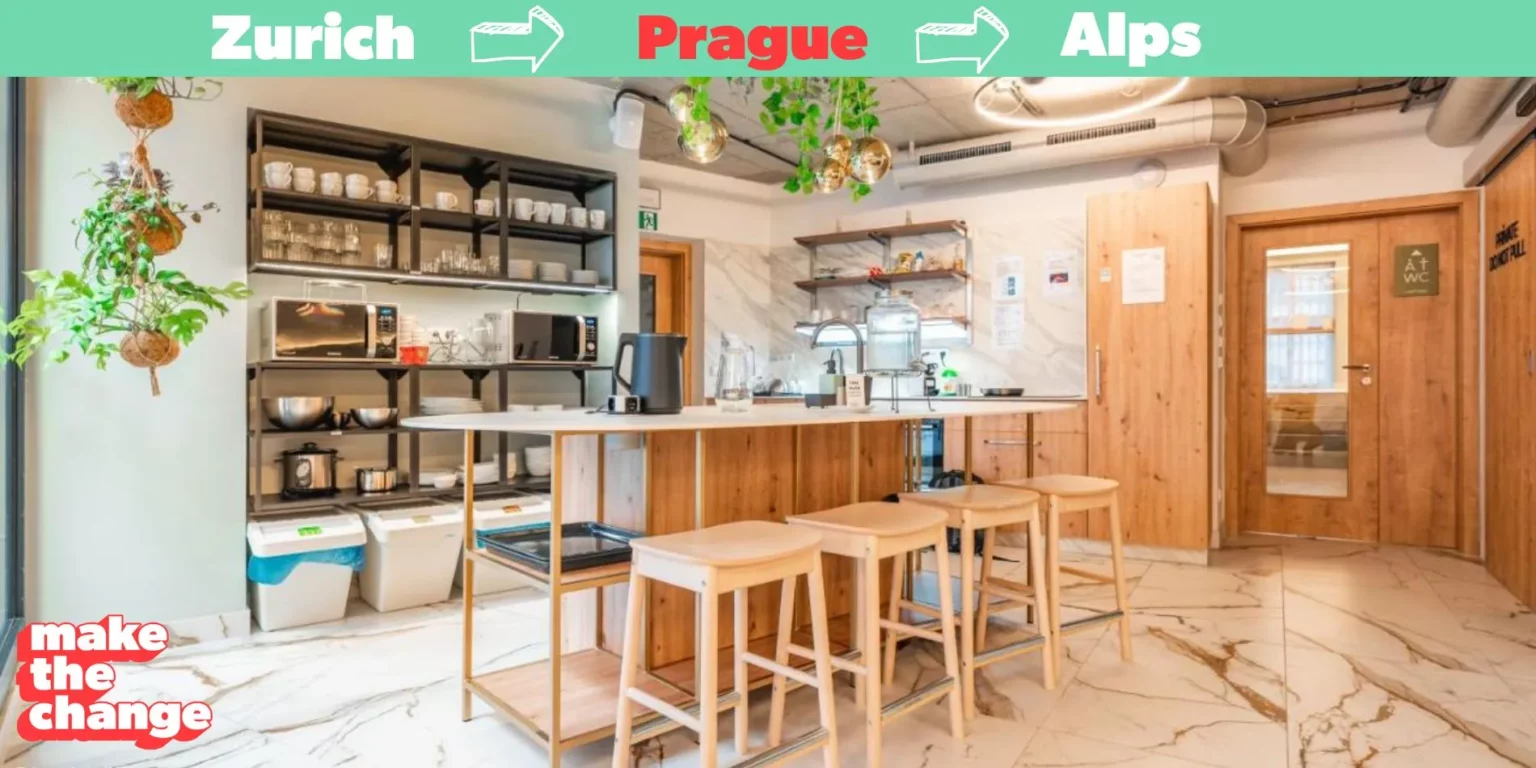
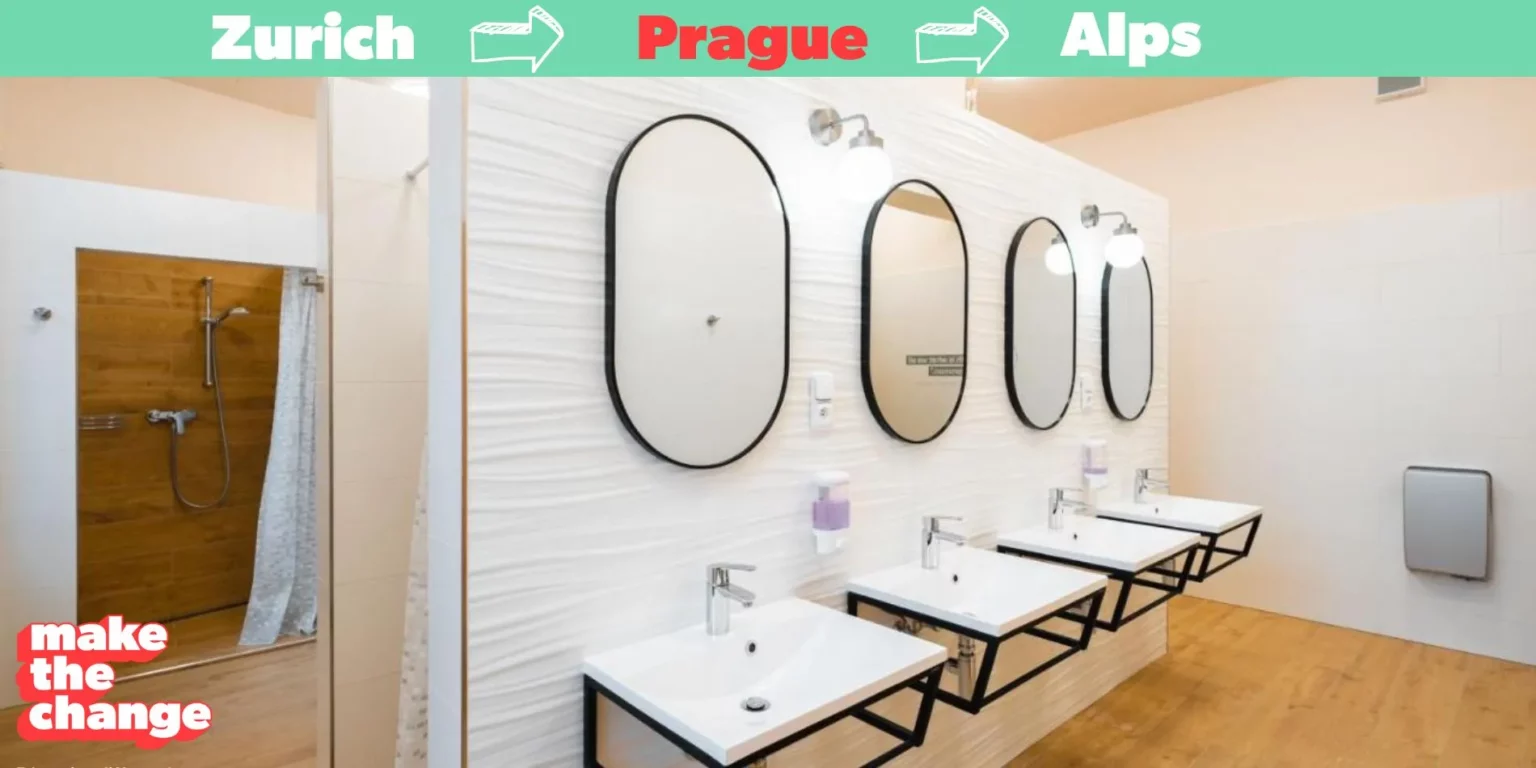
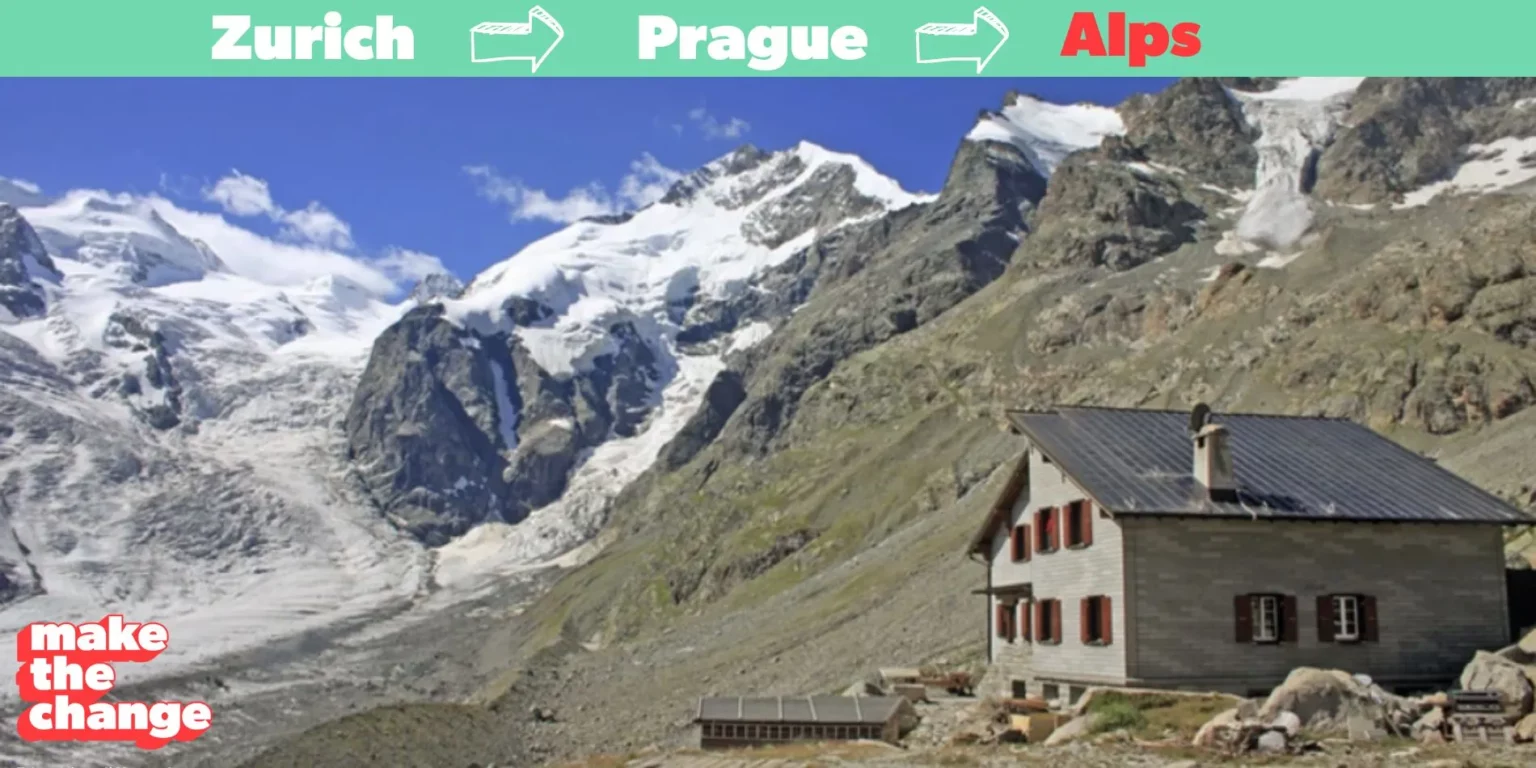
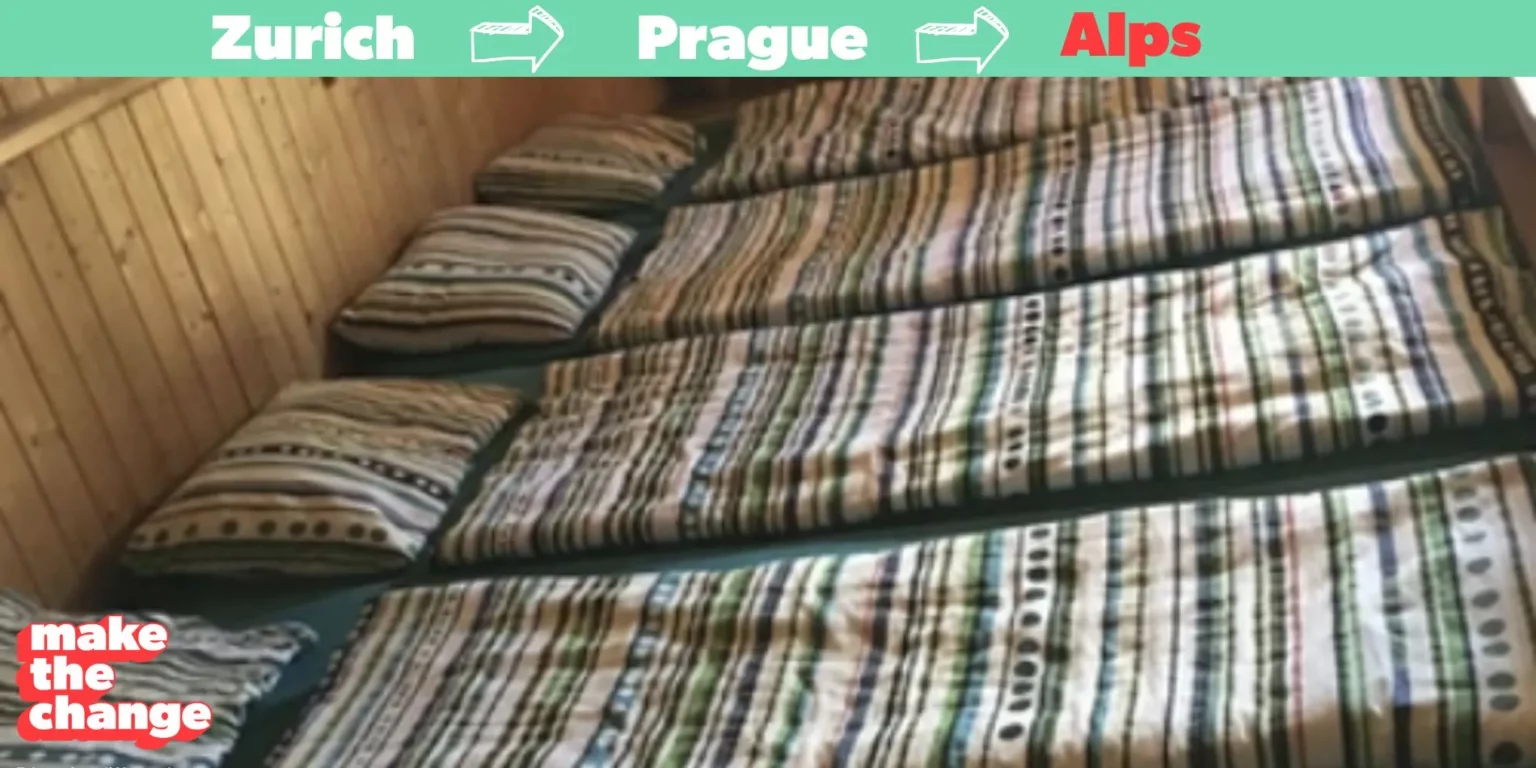
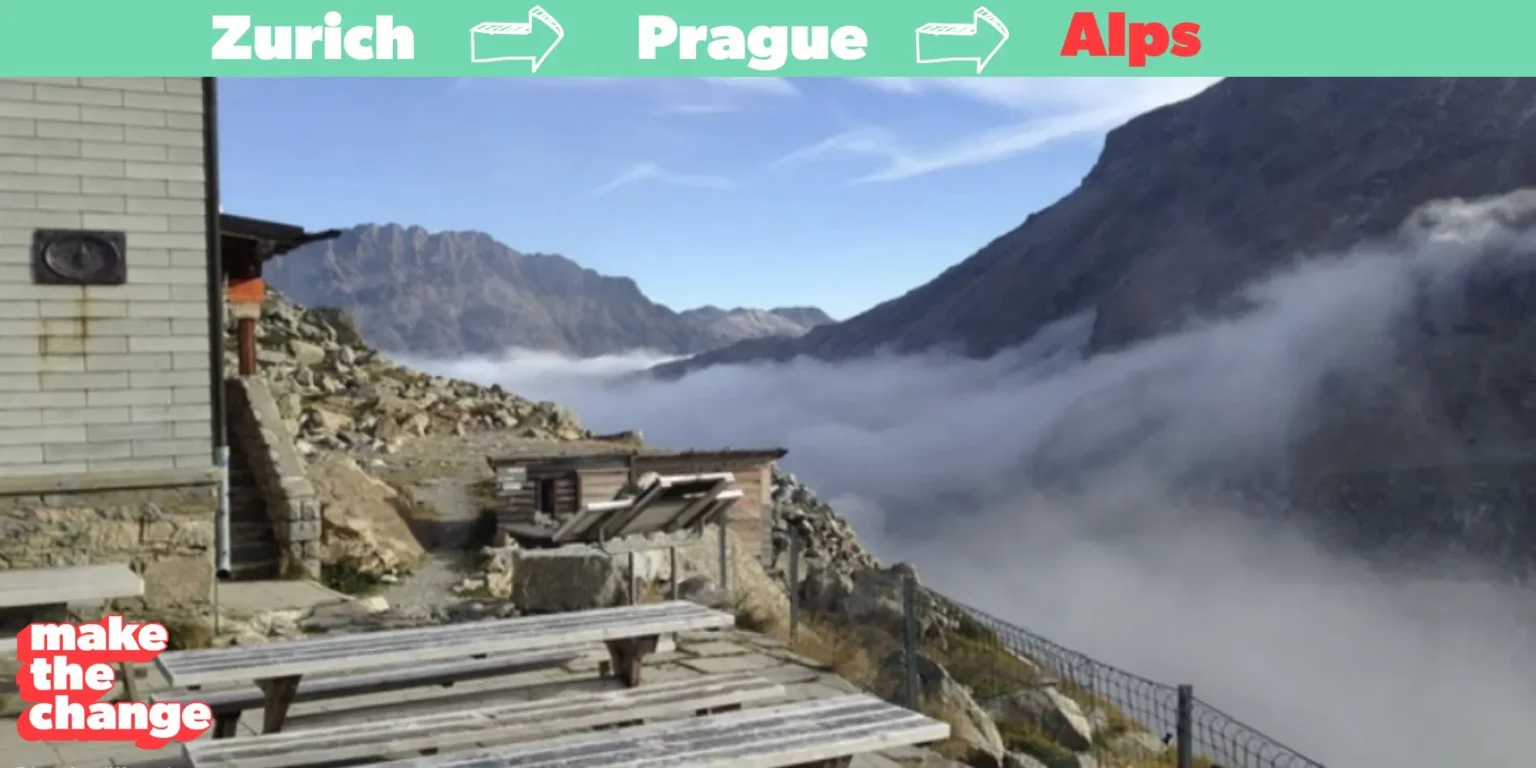
In Zurich, Prague, and the Engadin accommodation will be in modern youth hostels with high safety and cleanliness standards. Rooms will be shared with other program participants of the same sex. Gender considerations may be discussed on a case-by-case basis. Private bathrooms are a possibility, but unfortunately, we are not able to guarantee this. In the mountains, we will be in a remote and traditional Swiss Mountain Hut for 2 nights that we will hike to. Mountain huts of Switzerland are unique and world-renowned for allowing access to some of the remotest locations of the Alps. Hence, accommodation is simple. Students will have shared accommodation with other participants and shared bathrooms.
Reviews
 Gaia Changemakers Program
Gaia Changemakers Program
| 5 star | 100 | 100% |
| 4 star | 0% | |
| 3 star | 0% | |
| 2 star | 0% | |
| 1 star | 0% |
Sorry, no reviews match your current selections
Q&A
Semi Residential – CHF 5,700
Fully-residential – CHF 7,200
Fully-residential – includes transfer to/from Zurich airport, accommodation from 13th July to 1st August, all meals and weekend activities for the full program are covered.
Semi-residential – accommodation in Zurich and over the weekends is NOT provided. Accommodation, meals and transport to/from Prague and the Alps are included.A small number of scholarships are available for highly motivated participants.
1. Co-Facilitation Model: Facilitators work closely together using a co-facilitation model. Each facilitator brings unique skills and expertise, allowing them to divide responsibilities efficiently based on their strengths. This collaborative approach ensures that all participants receive focused guidance and supervision.
2. Small Group Focus: The facilitators will divide the participants into smaller working groups for specific activities, ensuring a more personalized and hands-on experience. Each facilitator will oversee a group, providing mentorship, guidance, and supervision tailored to their needs.
3. Participant Leadership: Leadership development is a key element of the program. Facilitators will encourage participants to take on leadership roles within the group, helping to foster responsibility, teamwork, and peer supervision. This also allows facilitators to focus on guiding rather than micromanaging.
4. Clear Communication Channels: To ensure effective supervision, the facilitators maintain clear and consistent communication. Regular check-ins and briefings are scheduled to assess participant progress, address any issues, and plan activities for the following day.
5. Expert and Partner Involvement: During certain sessions, experts and partners from collaborating organizations will assist in leading specific workshops or excursions. This ensures that participants have access to specialized knowledge.
1. Relevant Educational Background: A degree in education, environmental science, sustainability, social sciences, or related fields is preferred, with experience in youth development or outdoor education.
2. Youth Program Experience: Prior experience working with teenagers in camps, educational programs, or similar environments is essential. This includes leading group activities, workshops, and outdoor adventures.
3. First Aid and Safety Certification: All team members must hold current first aid certification. Additional qualifications in wilderness safety or risk management are highly desirable.
4. Leadership and Communication: Strong leadership, communication, and conflict resolution skills are essential. Team members should be capable of facilitating team-building activities and guiding participants through challenges.
5. Passion for Sustainability: Team members should have a deep understanding of sustainability and regenerative economics, with the ability to inspire participants to engage with these concepts.
6. Cultural Sensitivity and Inclusivity: Team members must be culturally aware and skilled at fostering an inclusive, respectful environment for participants from diverse backgrounds.
7. Adaptability and Problem-Solving: Given the dynamic nature of the program, team members must be adaptable and able to respond quickly and effectively to any challenges or changes.
8. High Ethical Standards: Team members are expected to model professionalism, responsibility, and ethical behavior, ensuring a safe and supportive environment for all participants.
Yes, We require that every team member working on any of our camps completes a police background check and provides references.
1. Pre-Camp Orientation: All staff participate in an orientation covering the program’s core operational and safety protocols, and themes—sustainability, regenerative economics, and systems thinking. This ensures consistency in delivering the program’s mission to participants.
2. Safety and First Aid Certification: Staff are trained in basic first aid and activity-specific safety protocols.
3. Child Protection and Safeguarding: Staff receive training in child protection, assisting them to recognize and address physical and emotional safety concerns, including preventing and handling bullying.
4. Feedback and Improvement: Post-program evaluation sessions allow team members to reflect on their performance, gather feedback from campers and peers, and improve their facilitation and teaching techniques for future sessions.
Diversity and inclusion are fundamental values woven into our program. We celebrate the unique perspectives, cultures, and backgrounds that each participant brings, fostering an environment of respect, empathy, and collaboration.
Our curriculum actively promotes inclusivity, encouraging open discussions around diversity, global issues, and shared experiences.
We believe in creating a space where every student feels valued and heard. To ensure this, we have a strict zero-tolerance policy for any form of discrimination or bullying. We are committed to building an inclusive community where all participants feel safe, supported, and empowered to contribute to positive change.
CODE OF CONDUCT:
1. Respect for Others: All participants are expected to treat fellow campers, staff, and local communities with respect. This includes respecting different opinions, cultures, and personal space.
2. Inclusivity: We foster an inclusive environment where diversity is celebrated. Bullying, discrimination, or any form of harassment will not be tolerated.
3. Responsibility: Campers are responsible for their actions and are expected to take care of the environment and materials used in workshops. Participation in all activities is encouraged, and safety instructions must be followed.
4. Positive Attitude: We promote a positive, open-minded attitude toward learning, challenges, and teamwork. Participants should be willing to try new things and collaborate.
5. No Substance Use: The use of drugs, alcohol, or any prohibited substances is strictly forbidden during the camp.
6. Commitment to Learning: Participants are expected to engage actively in workshops, projects, and discussions. Disruptive behavior is discouraged, and continuous engagement is highly encouraged.
7. Digital Etiquette: Responsible use of technology is required. Phones or devices should not interfere with group activities or learning experiences.
SAFETY PROTOCOLS
1. Health and Safety Measures: The camp ensures proper health and safety measures, including regular sanitation, safe food handling, and health checks where necessary.
2. Emergency Procedures: An emergency response plan is in place for each location (Zurich, Prague, Swiss Alps).
3. Risk Assessment: Before each activity or excursion, a risk assessment is conducted, and additional activity specific safety measures are put in place where required.
4. Participant Briefing: All participants will be briefed before any excursion or activity on the safety protocols, what to do in case of emergencies, and whom to contact in case of problems.
5. Medical Support: We have a first-aid responder on-site at all times. A medical kit is available, and the nearest emergency medical services are decided ahead of time.
6. Curfew and Check-ins: There will be a curfew for all residential students, and check-ins are conducted multiple times a day to ensure the well-being of all participants.
7. Parental Contact: In the case of any emergencies or incidents, parents/guardians will be immediately contacted and kept informed of the situation.
We encourage students to develop healthy digital habits. To foster engagement and meaningful connections, mobile phones are not permitted during structured activities or mealtimes unless specifically required for the activity. During free time, students may use their phones, but we promote balance and mindfulness in digital use, ensuring that their focus remains on the transformative experiences the camp provides.
Location
The nearest airport to Gaia Changemakers Program is Zurich. Airport pickup is available upon request. Fully-residential participants will be met and greeted at Zurich airport, or the main Zurich train station. Transfer to/from the airport to the program will be arranged 1 day before the program begins, and up to 1 day after the program ends. Transfers to/from other airports or stations or on other days can be arranged.
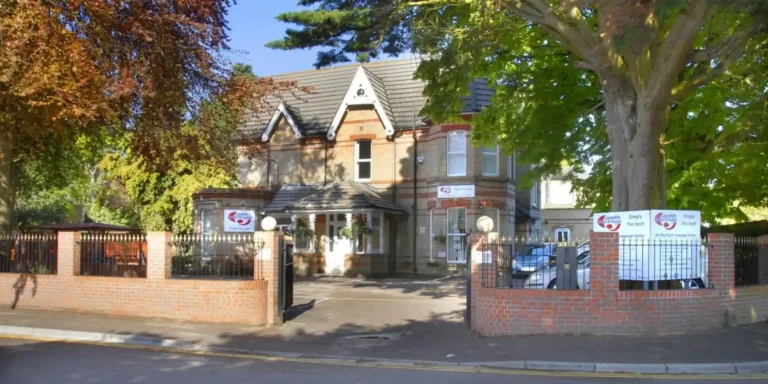
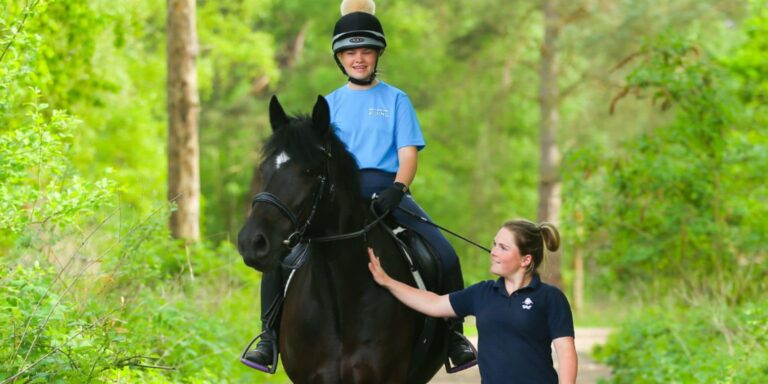
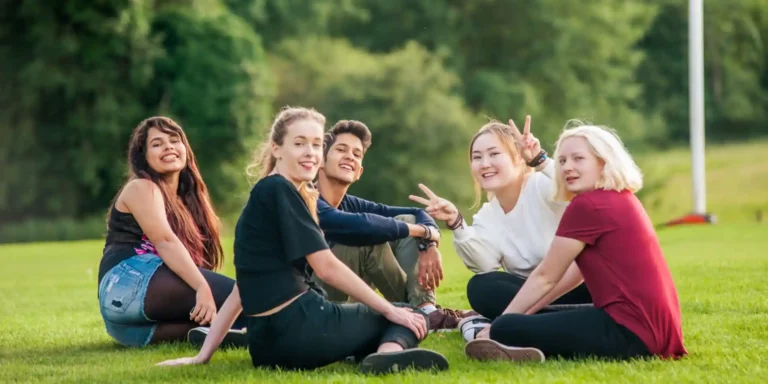
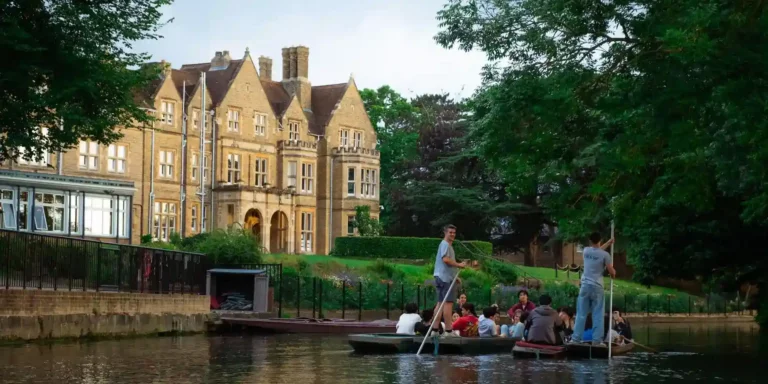
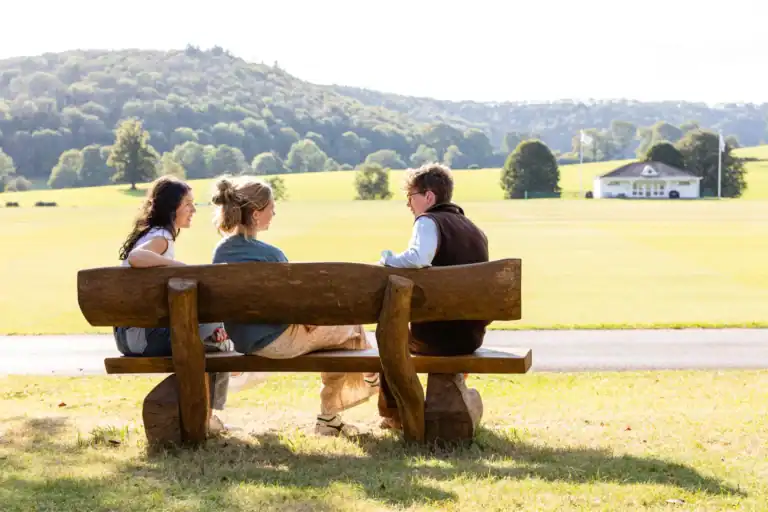
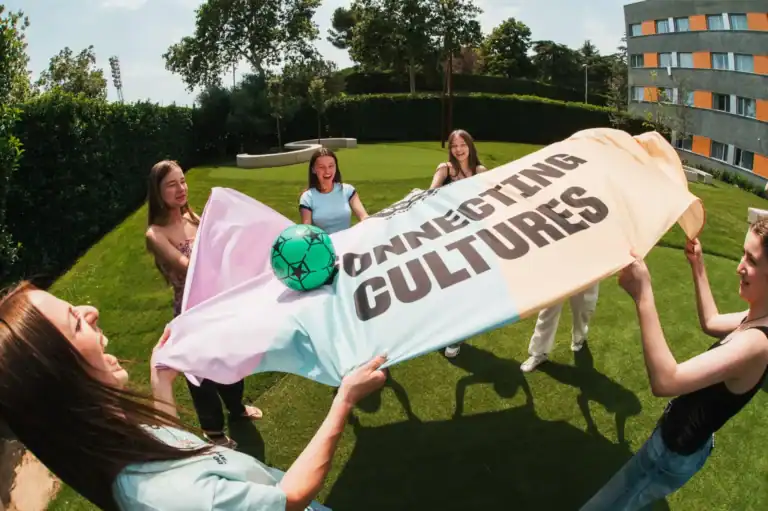
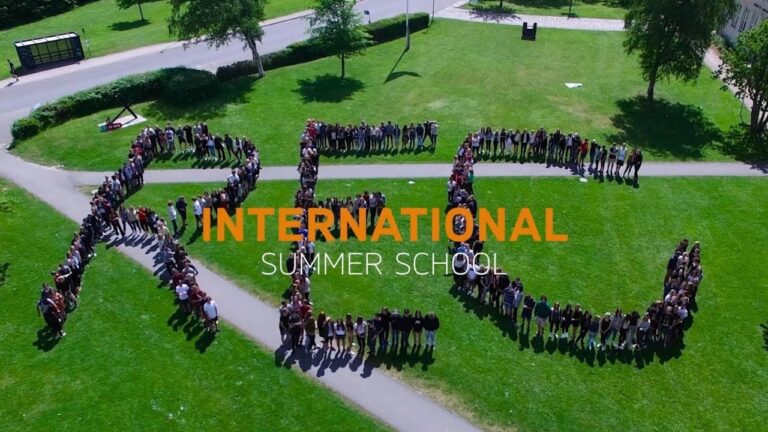

Her (Diya’s) dedication to sustainability is inspiring and is something I want to emulate in my future. Most importantly, she showed me how sustainability is not limited to one sector. This sentiment made me very hopeful because before this course, I thought that sustainable career paths were limited to environmental science or urban planning.
Ms. Kanoria had a profound impact on my personal development as a teacher, mentor and confidant. I fondly remember our trips together like building homes in Romania, or sailing through trees at the ropes park. She supported me through atypical and unstable teenage years, and she motivated me with her trust to do better in and outside of school.”
Alexander Degenhardt
Founder of Cikumas GmbH
Student at University of St. Gallen
Not only is Diya thoughtful, and truly caring of her students, she is deeply passionate about her craft, and in providing learners with the most effective and impactful education possible. In this way, she is, quite frankly, paving the way for our future learners, teachers, and scientists alike. Through her kindness, determination for change, and passion for teaching, she has been a truly influential part of my formative education. It has been a privilege to have been taught by a person like her, and to have had the chance to call her a mentor, teacher, and role model.
Lucy Sparks,
Student at Maastricht University